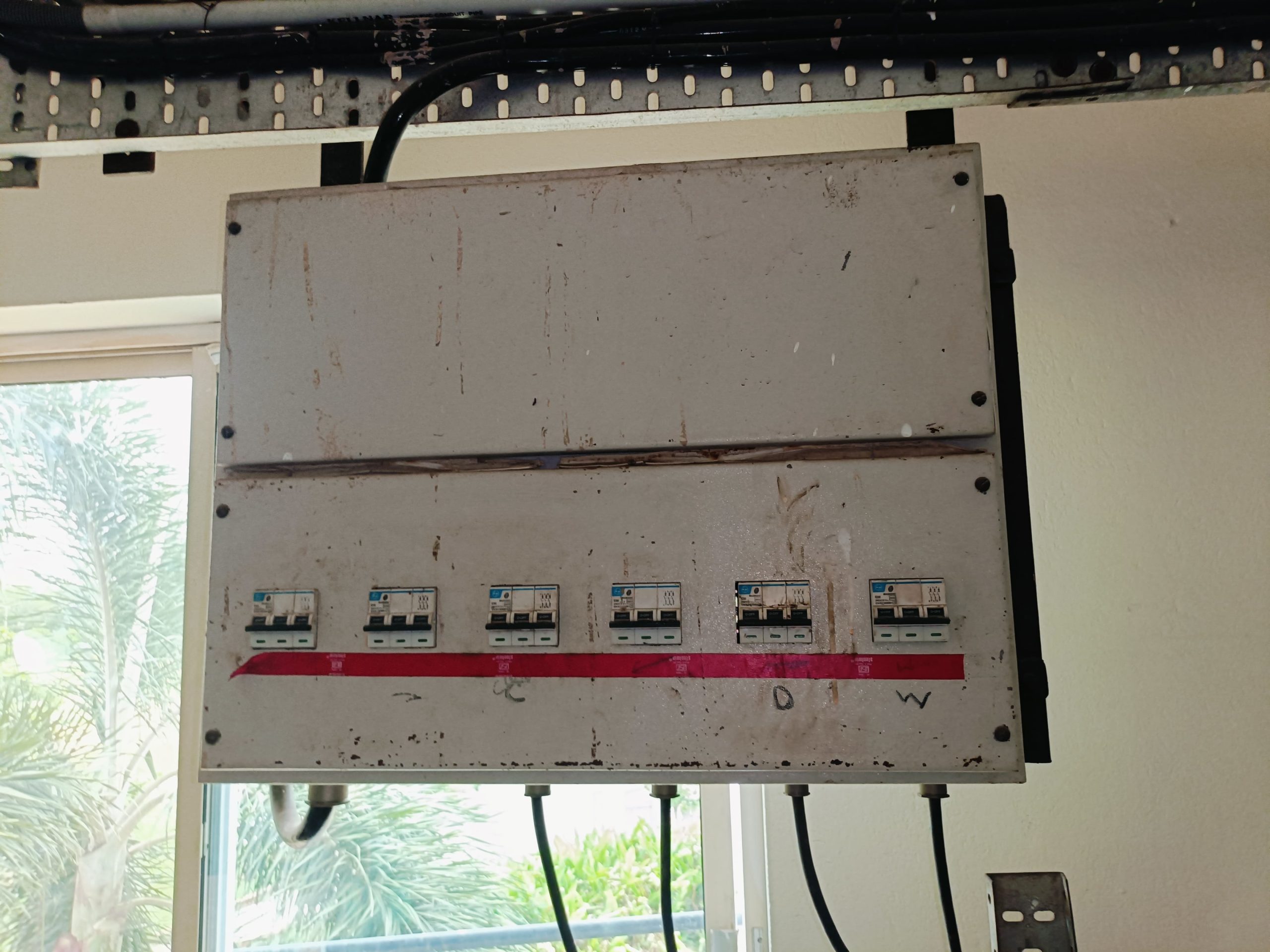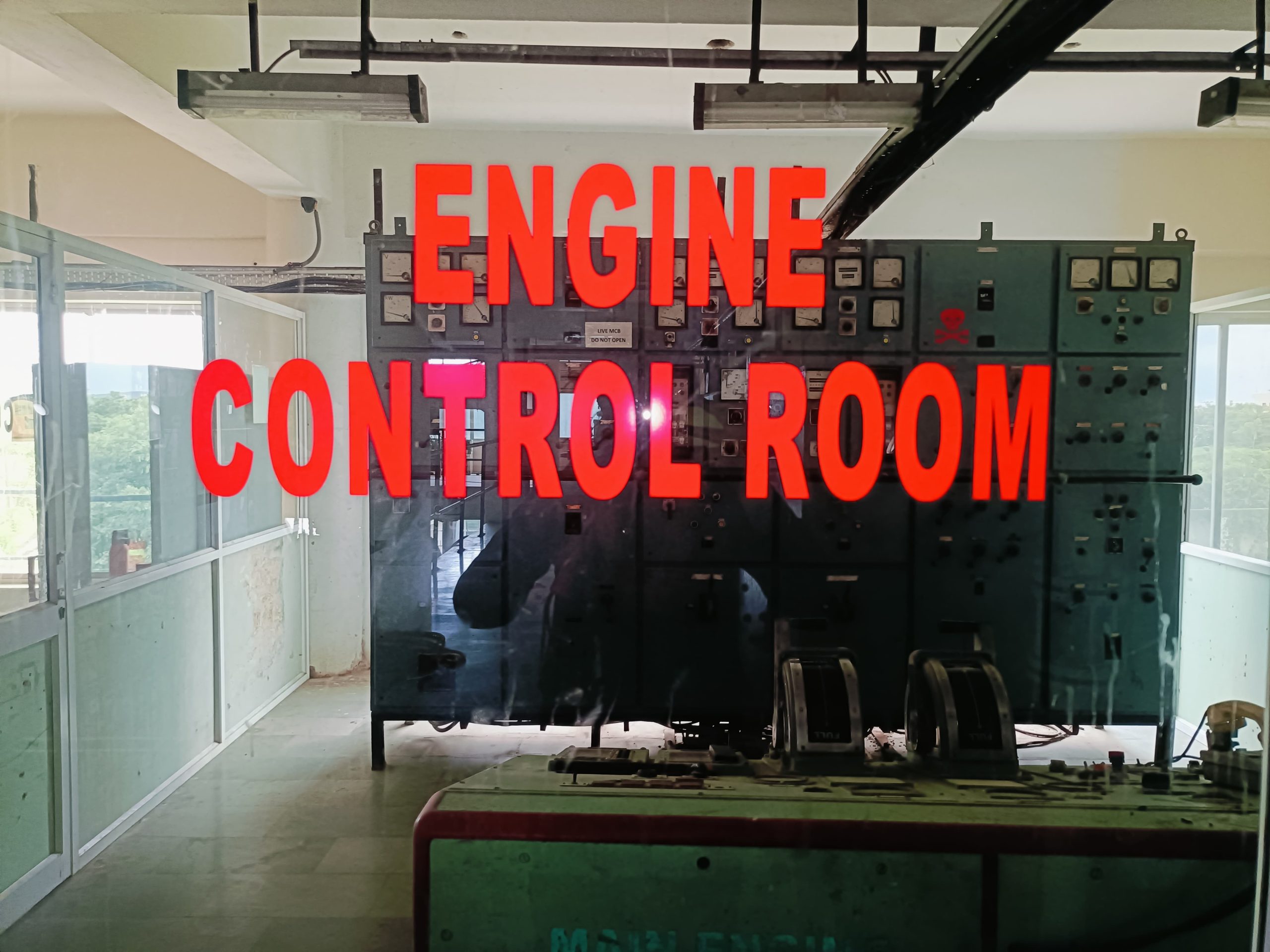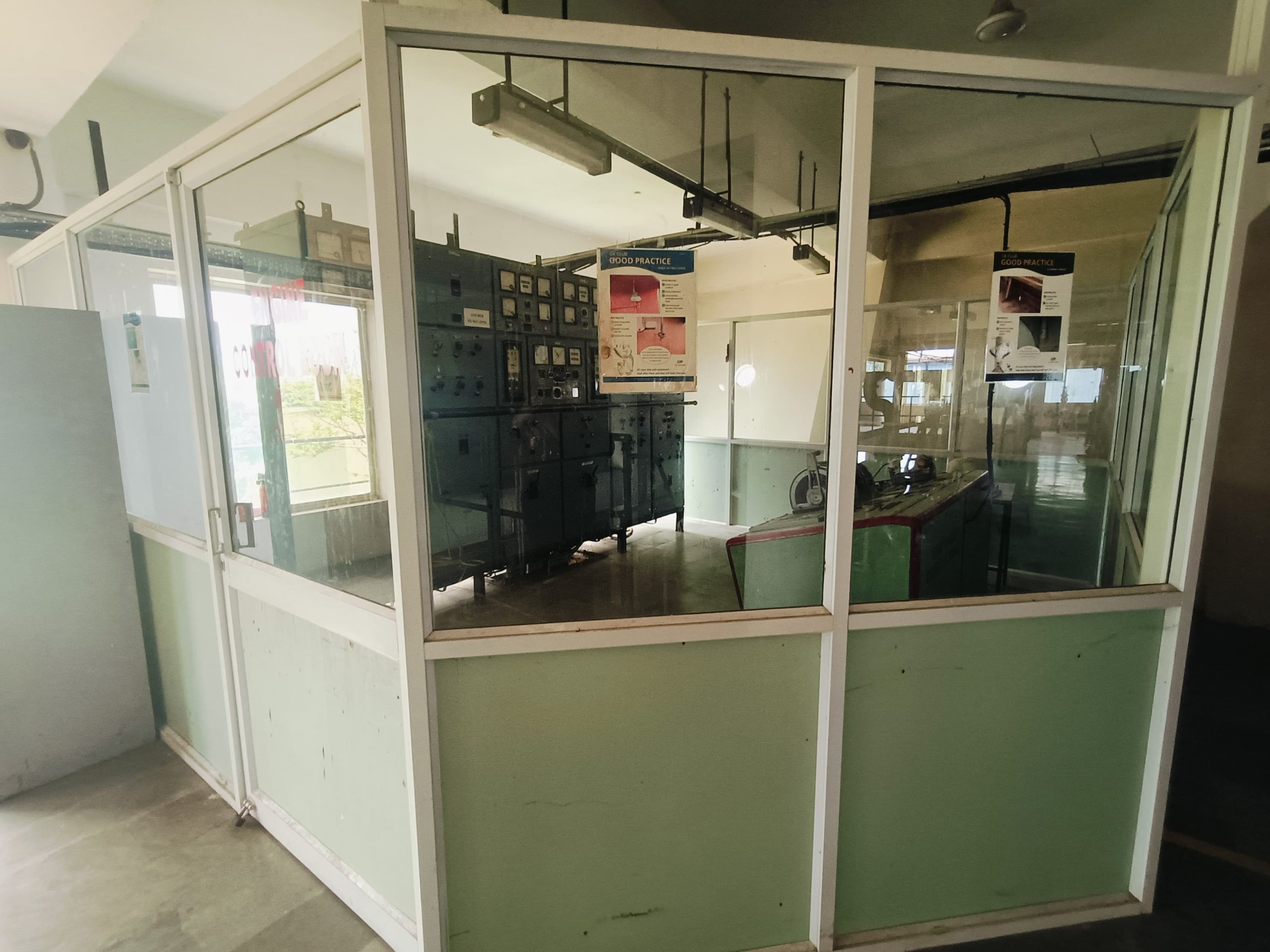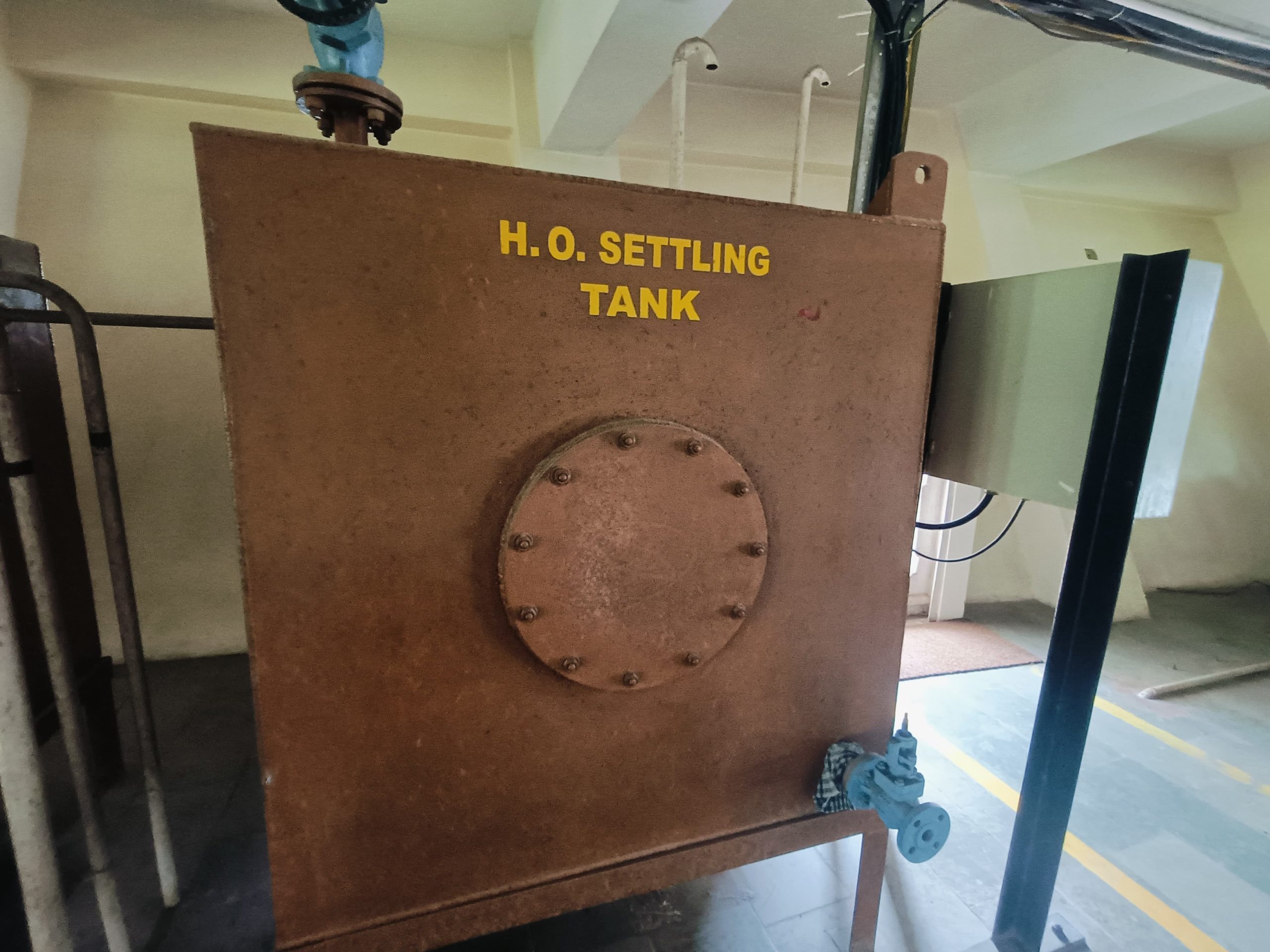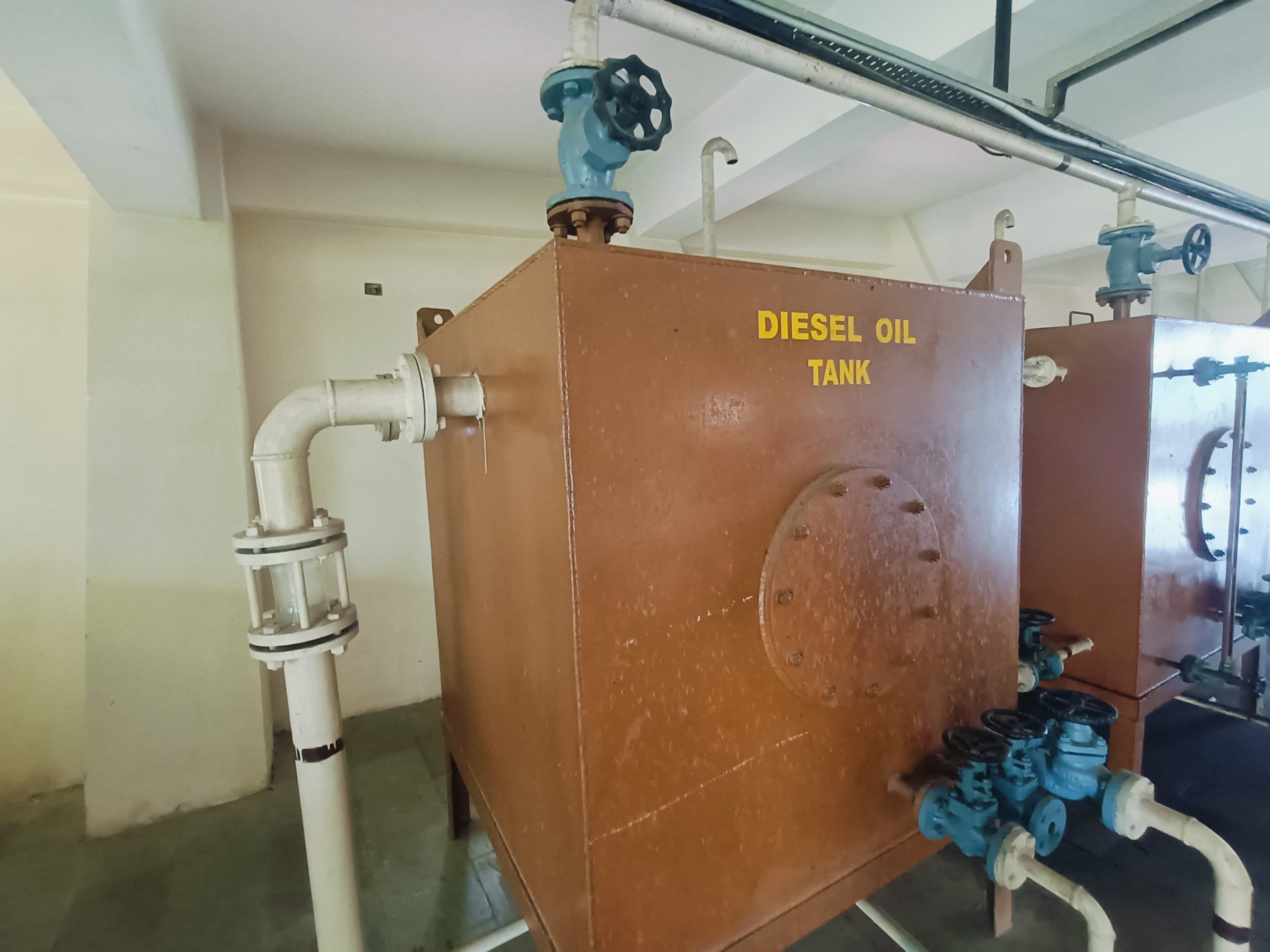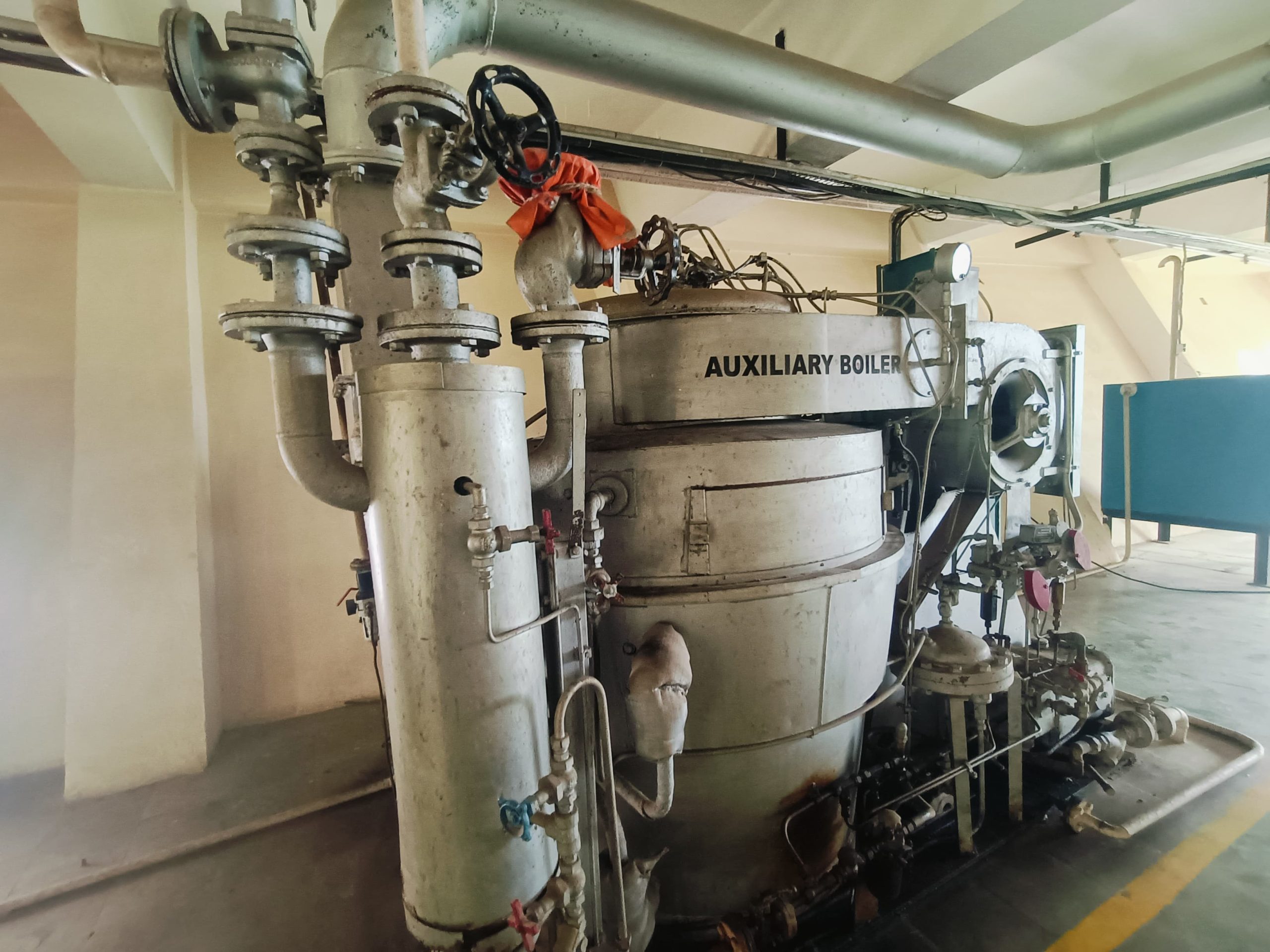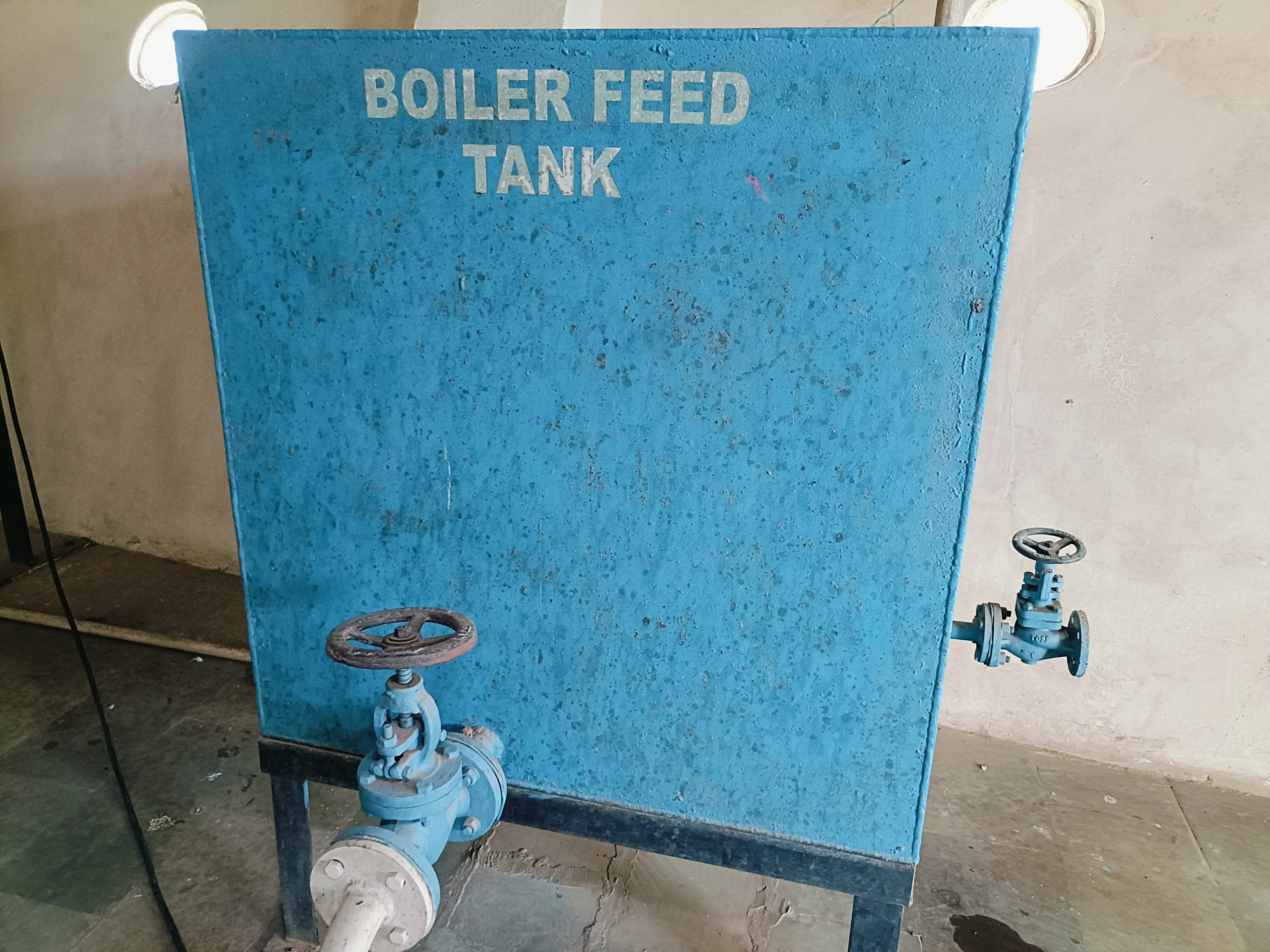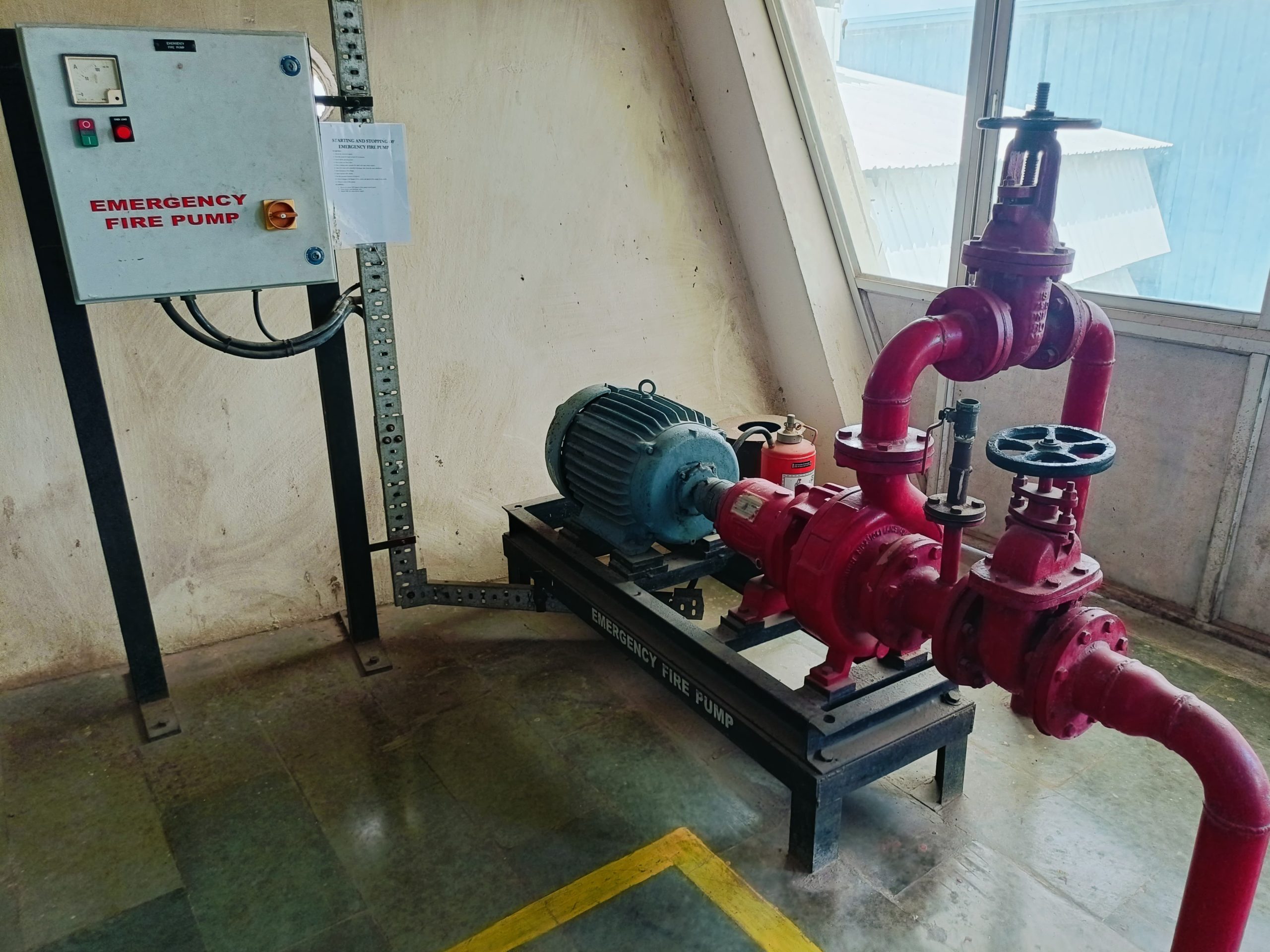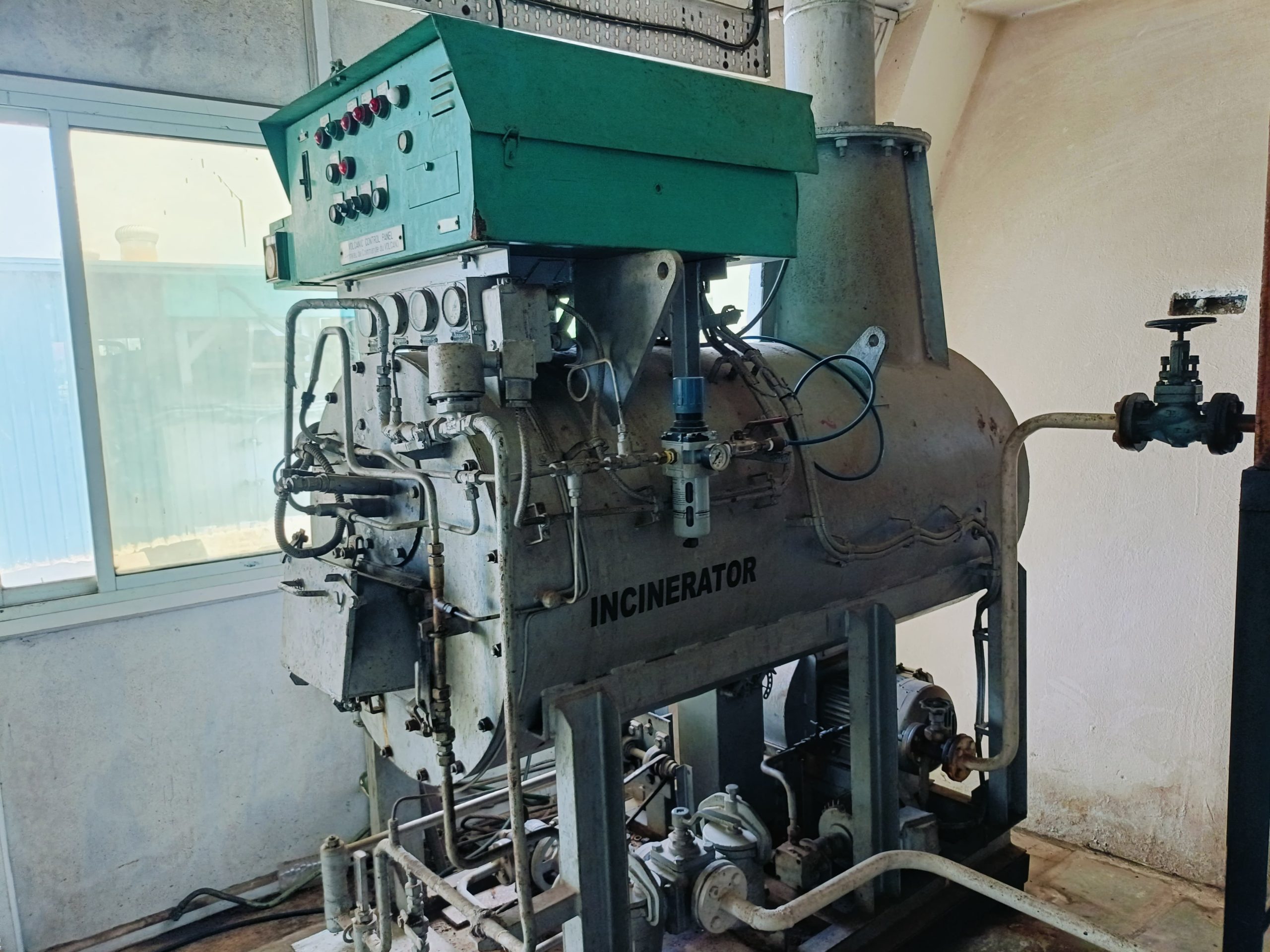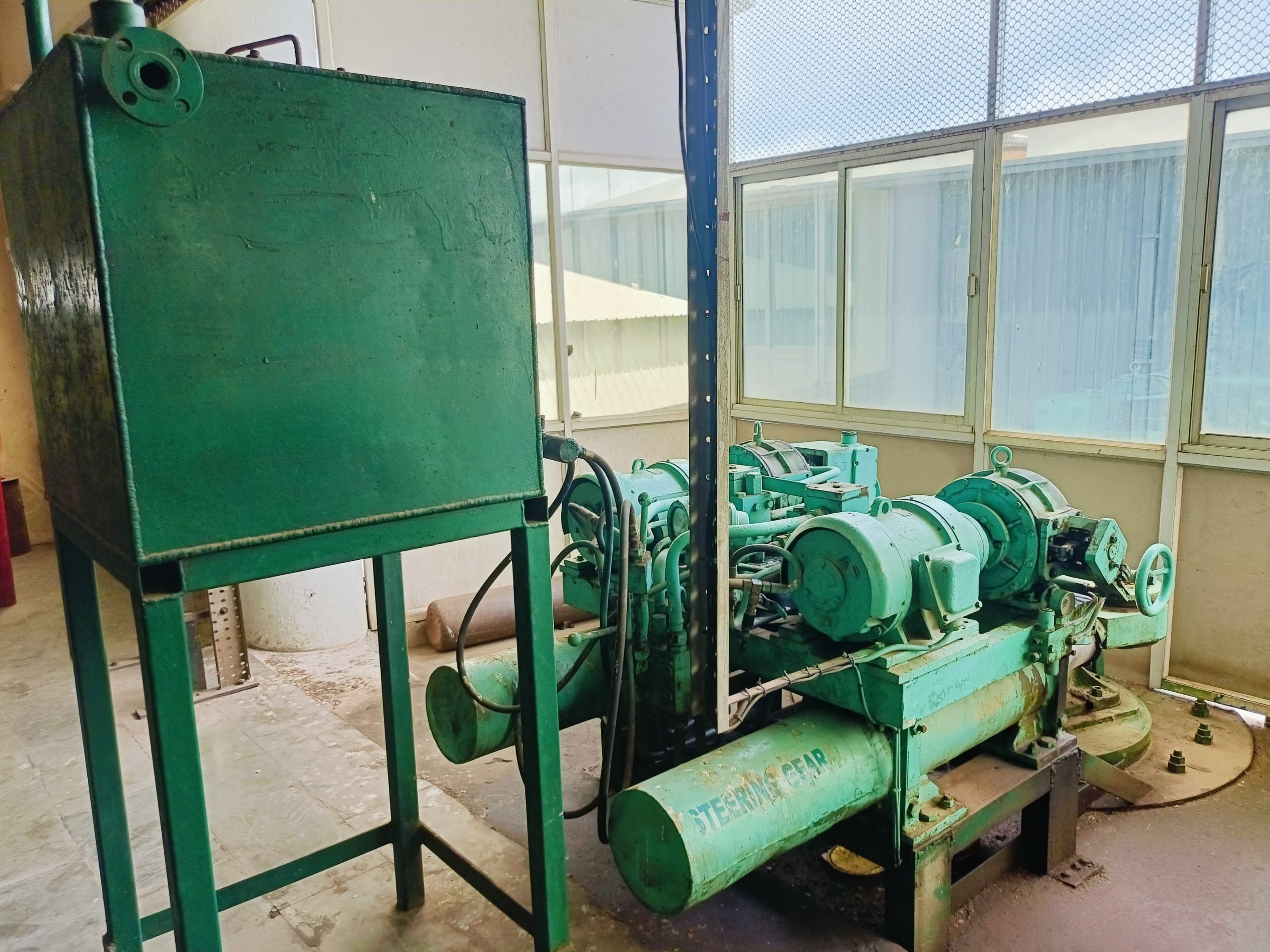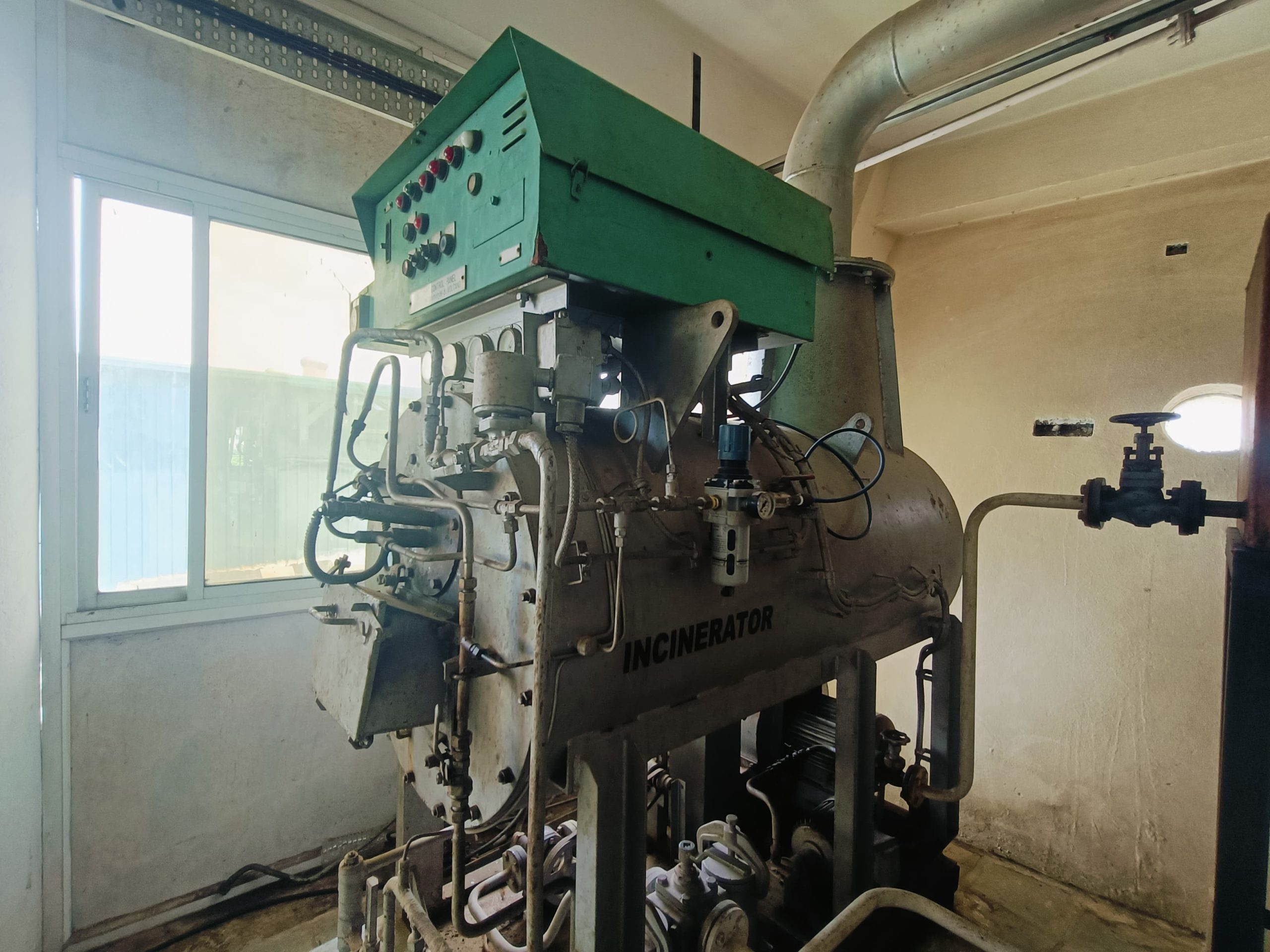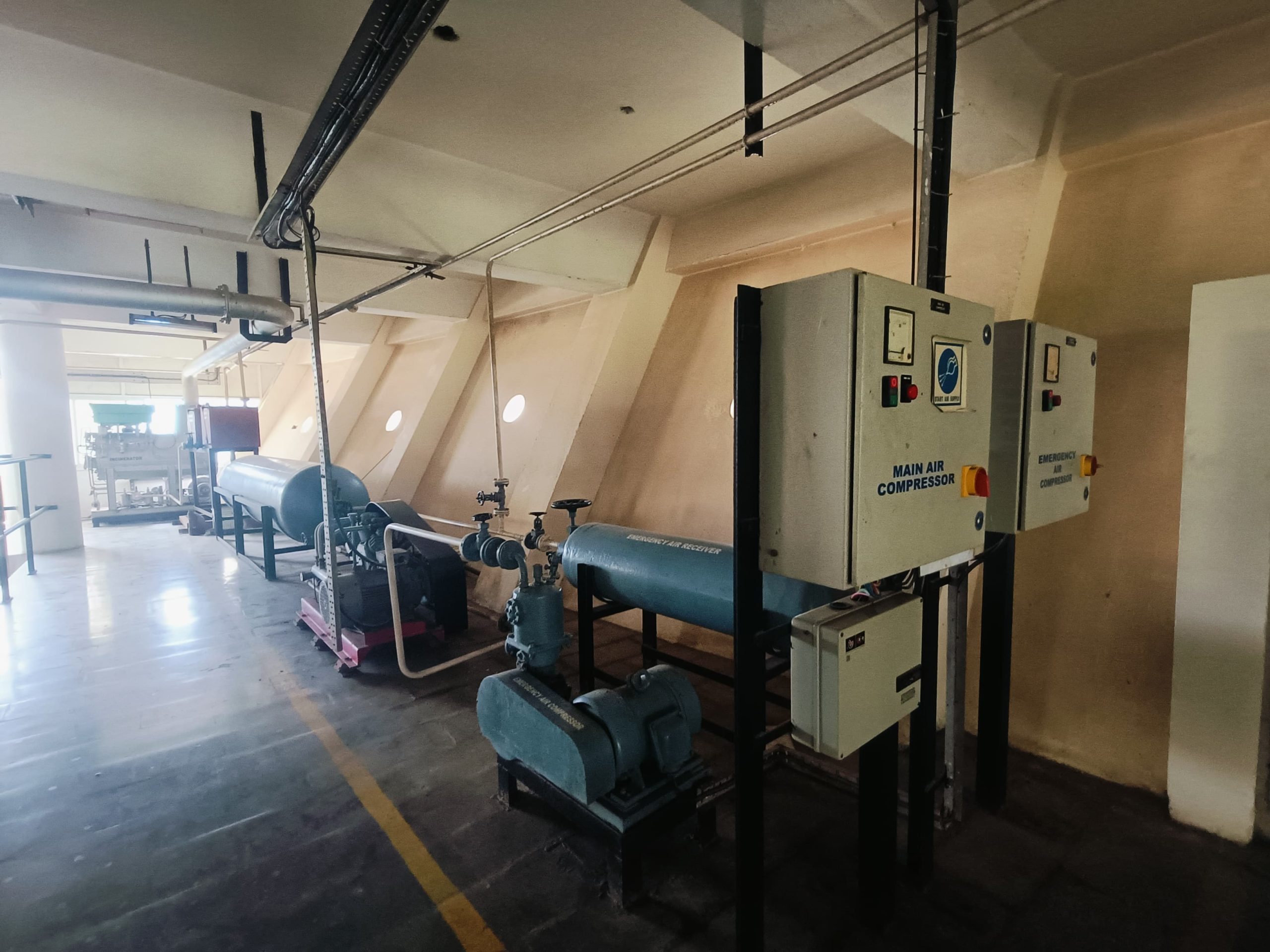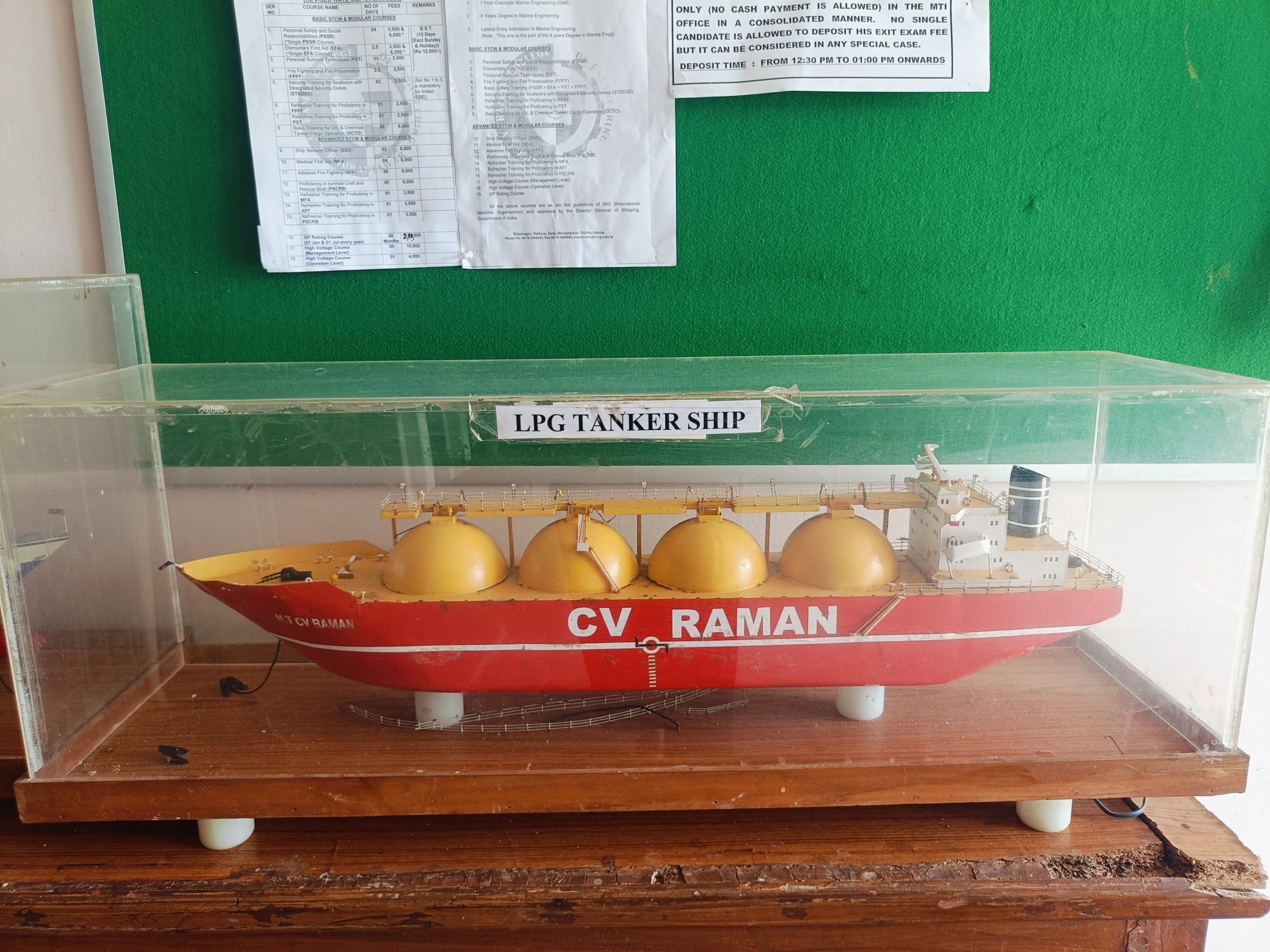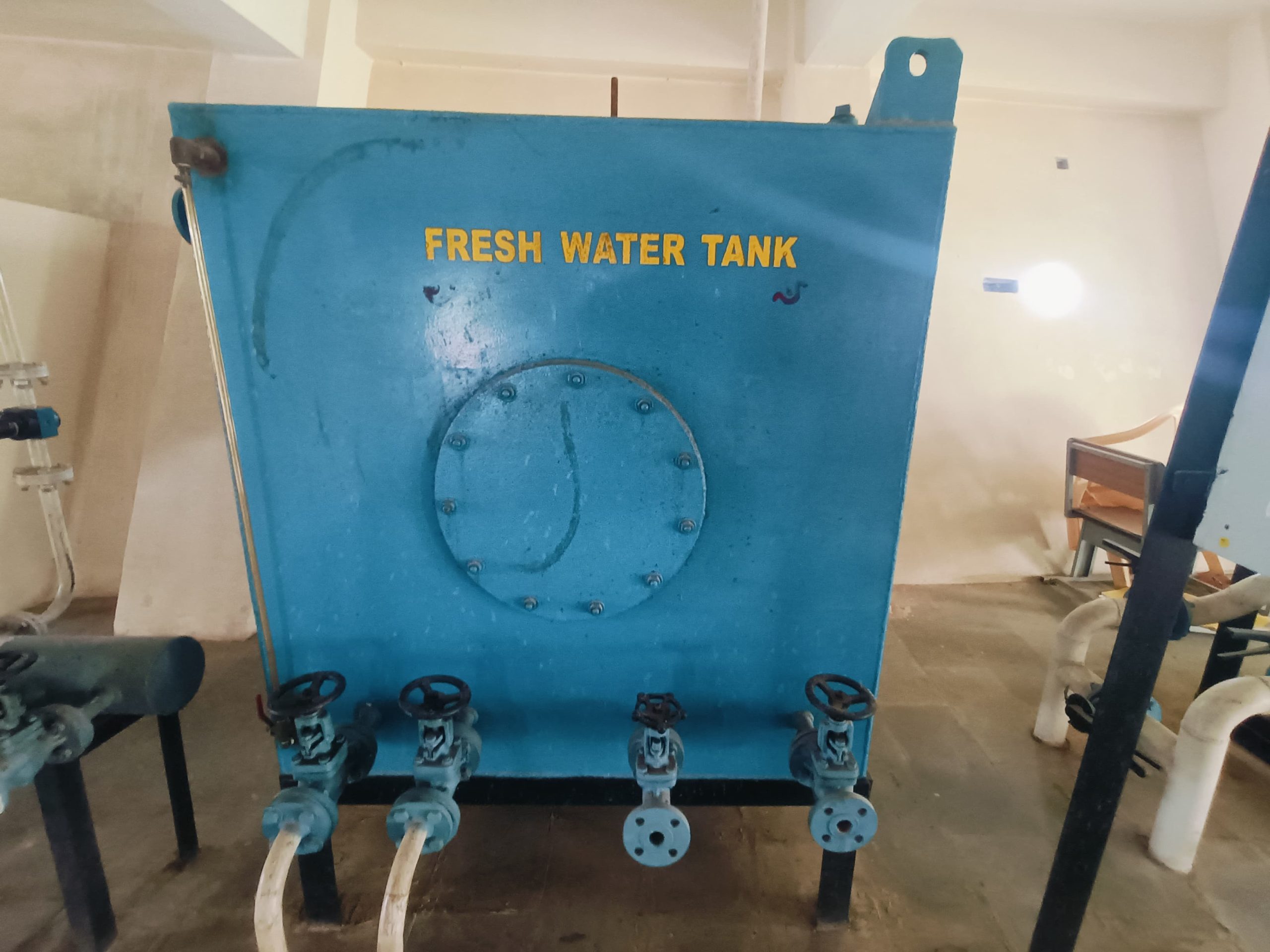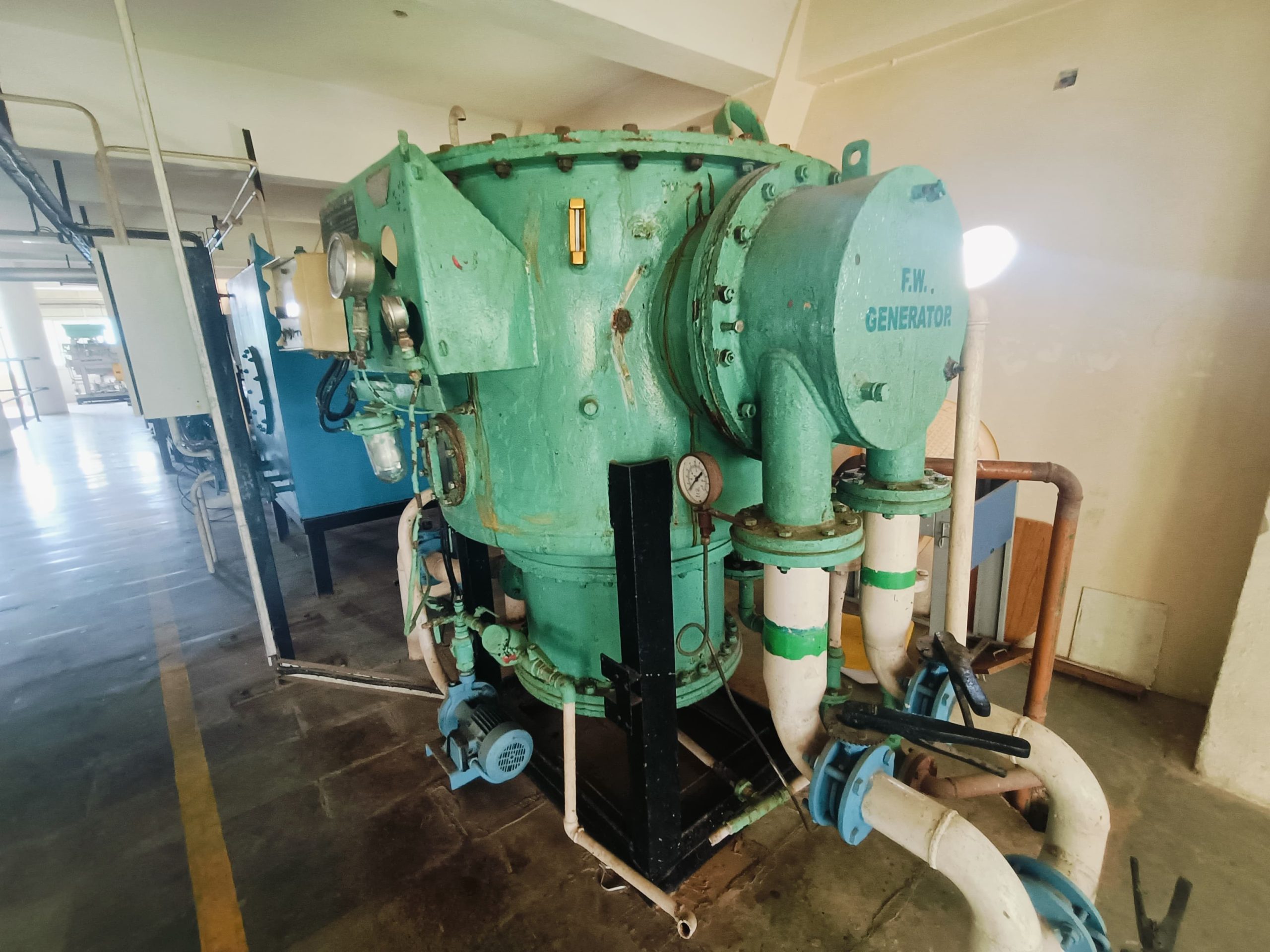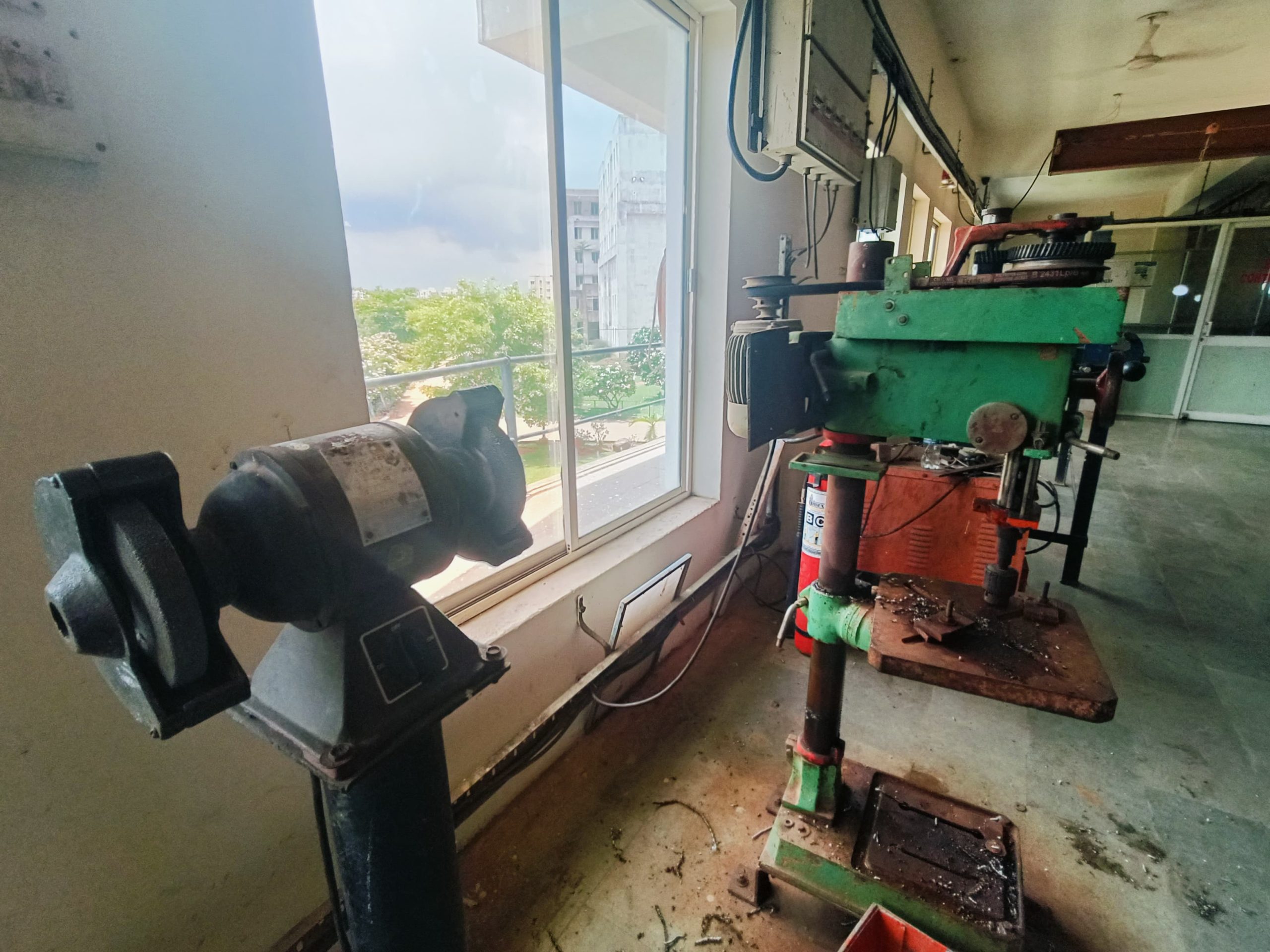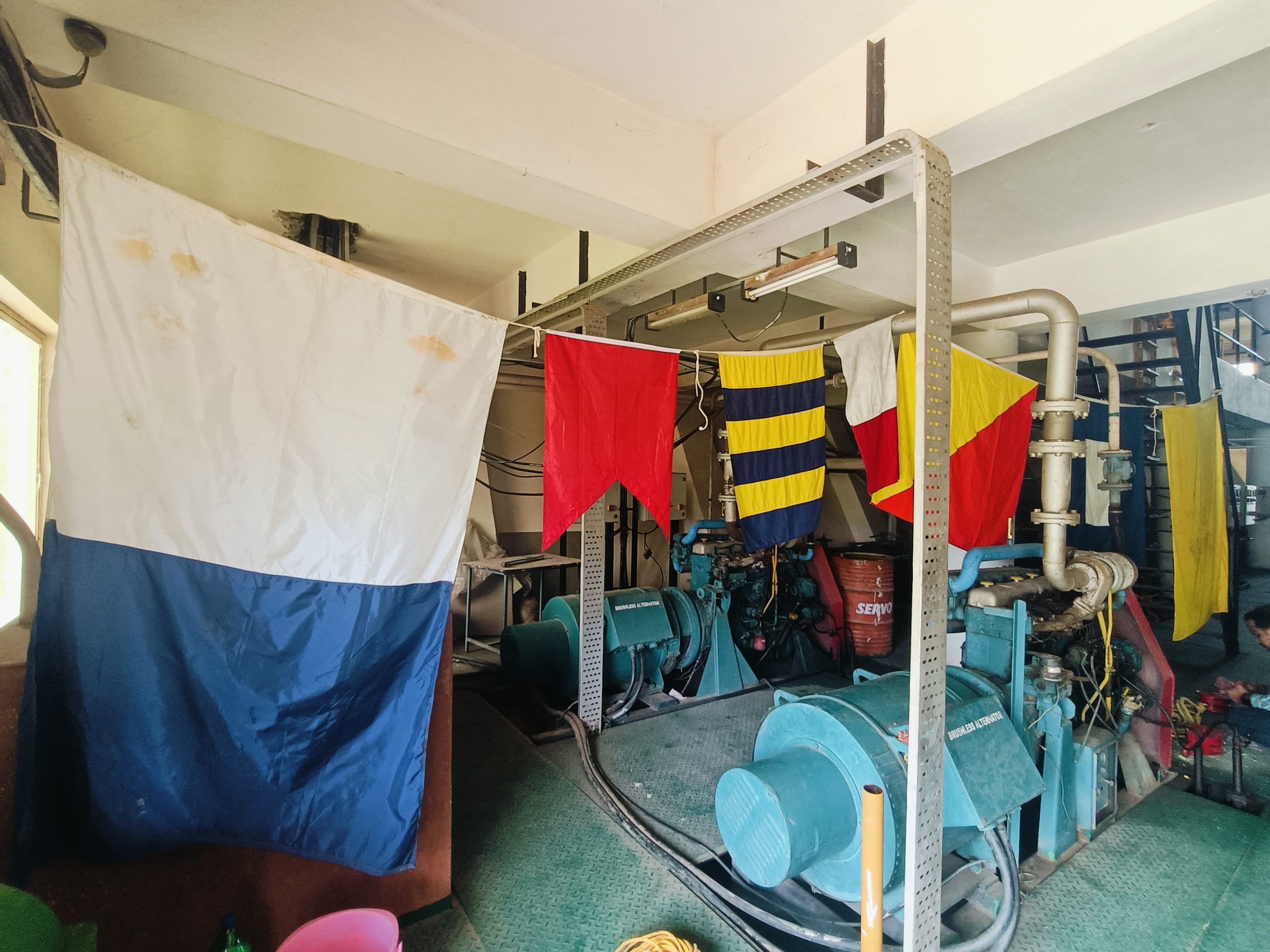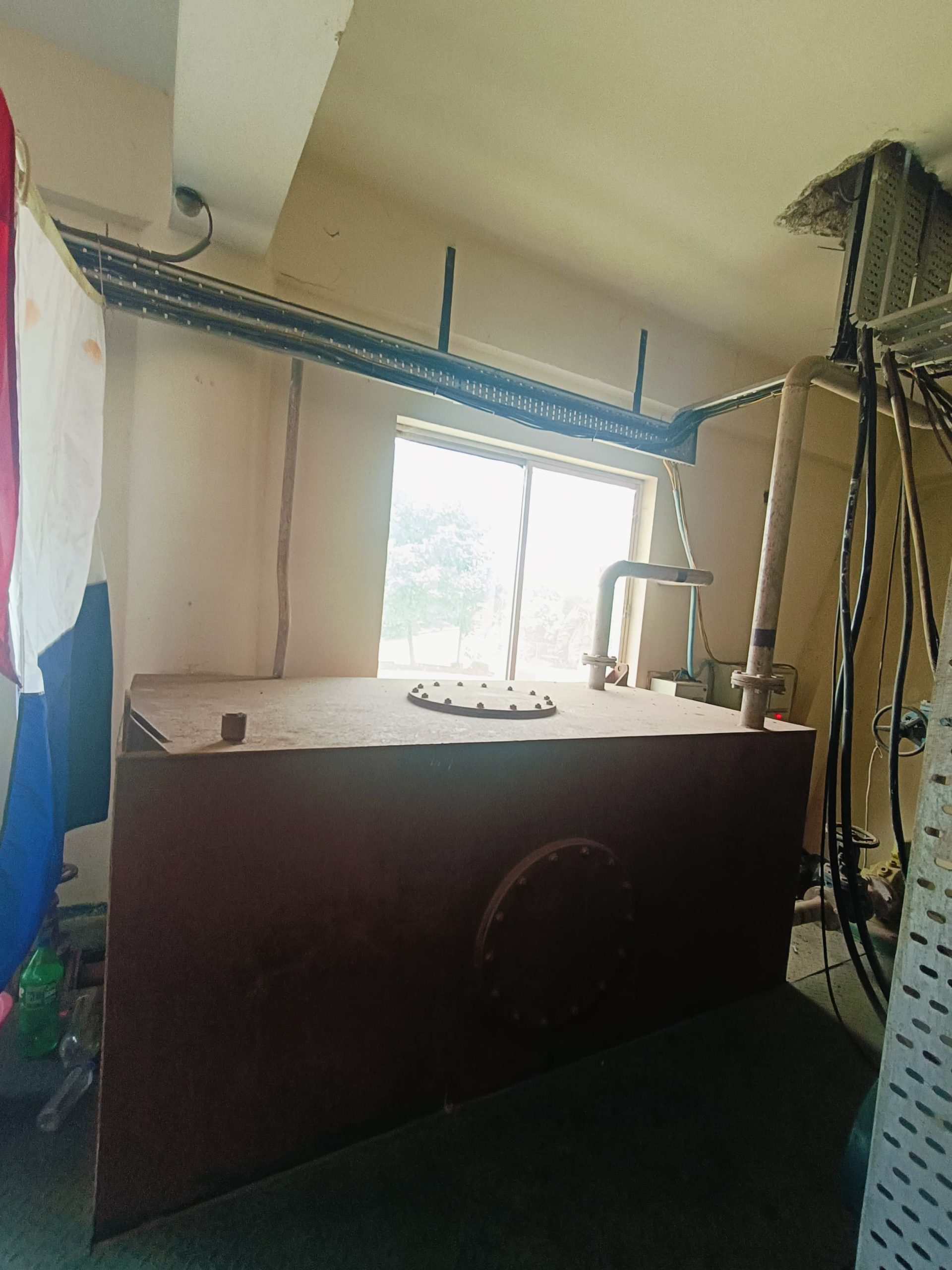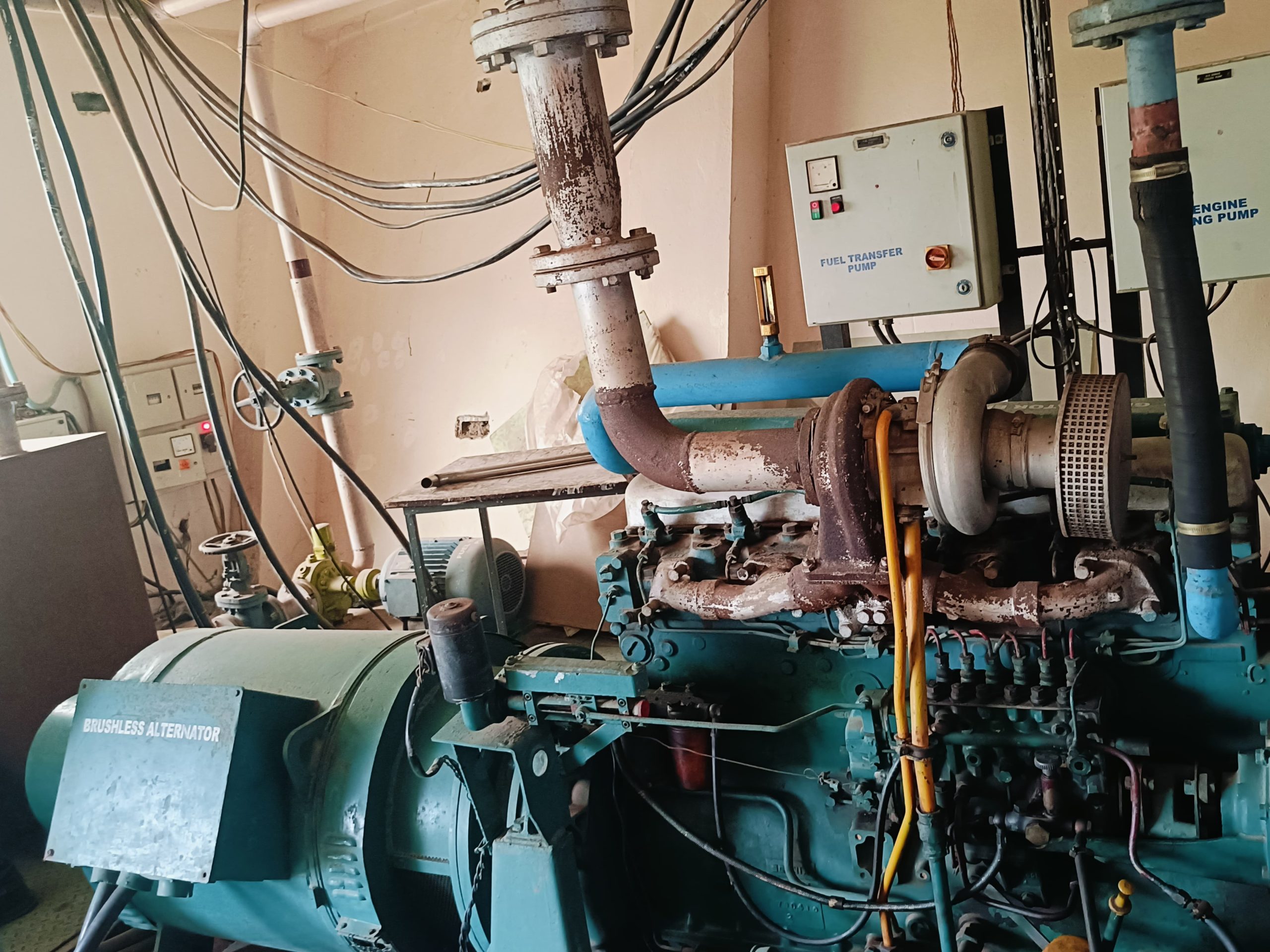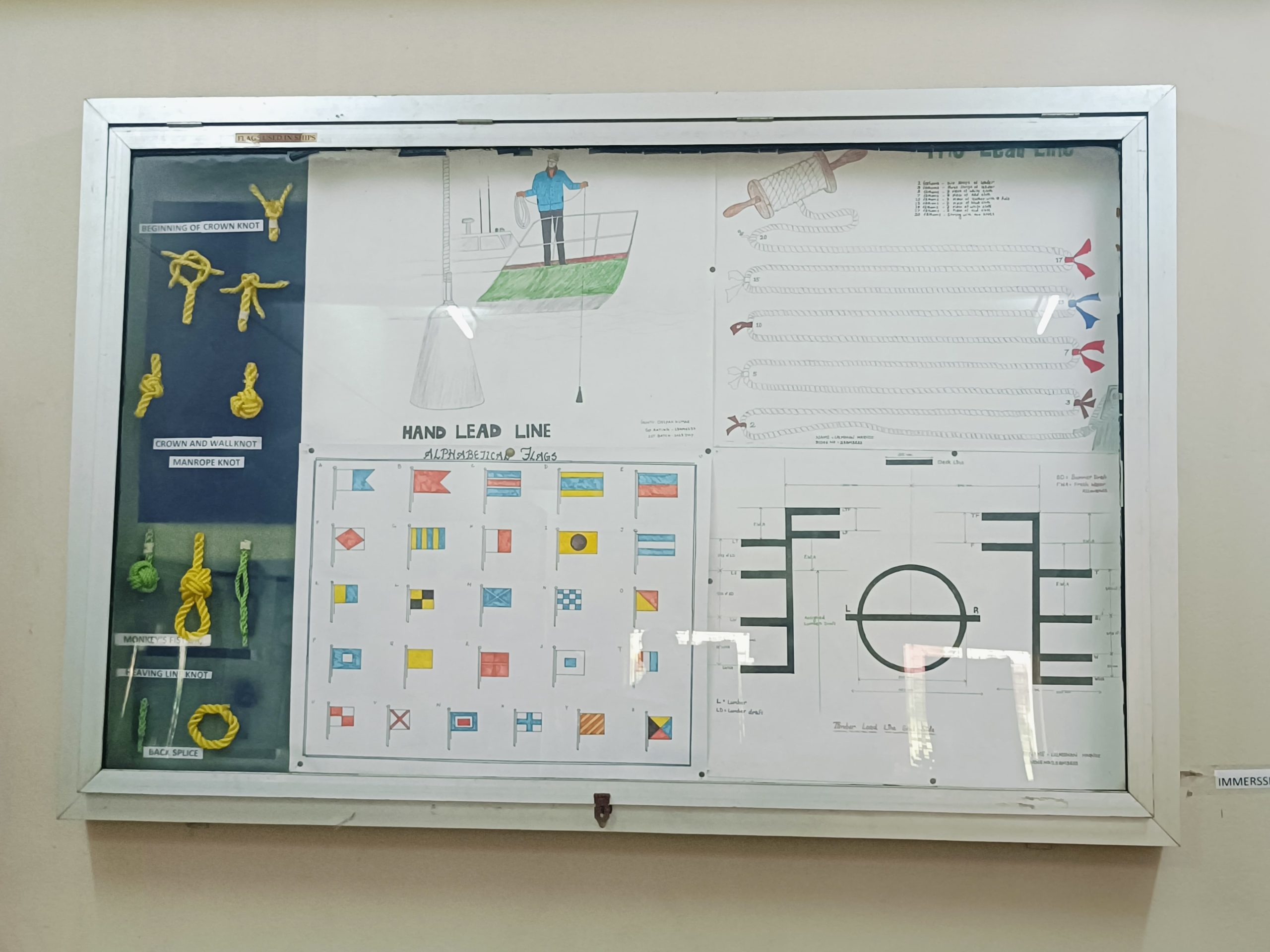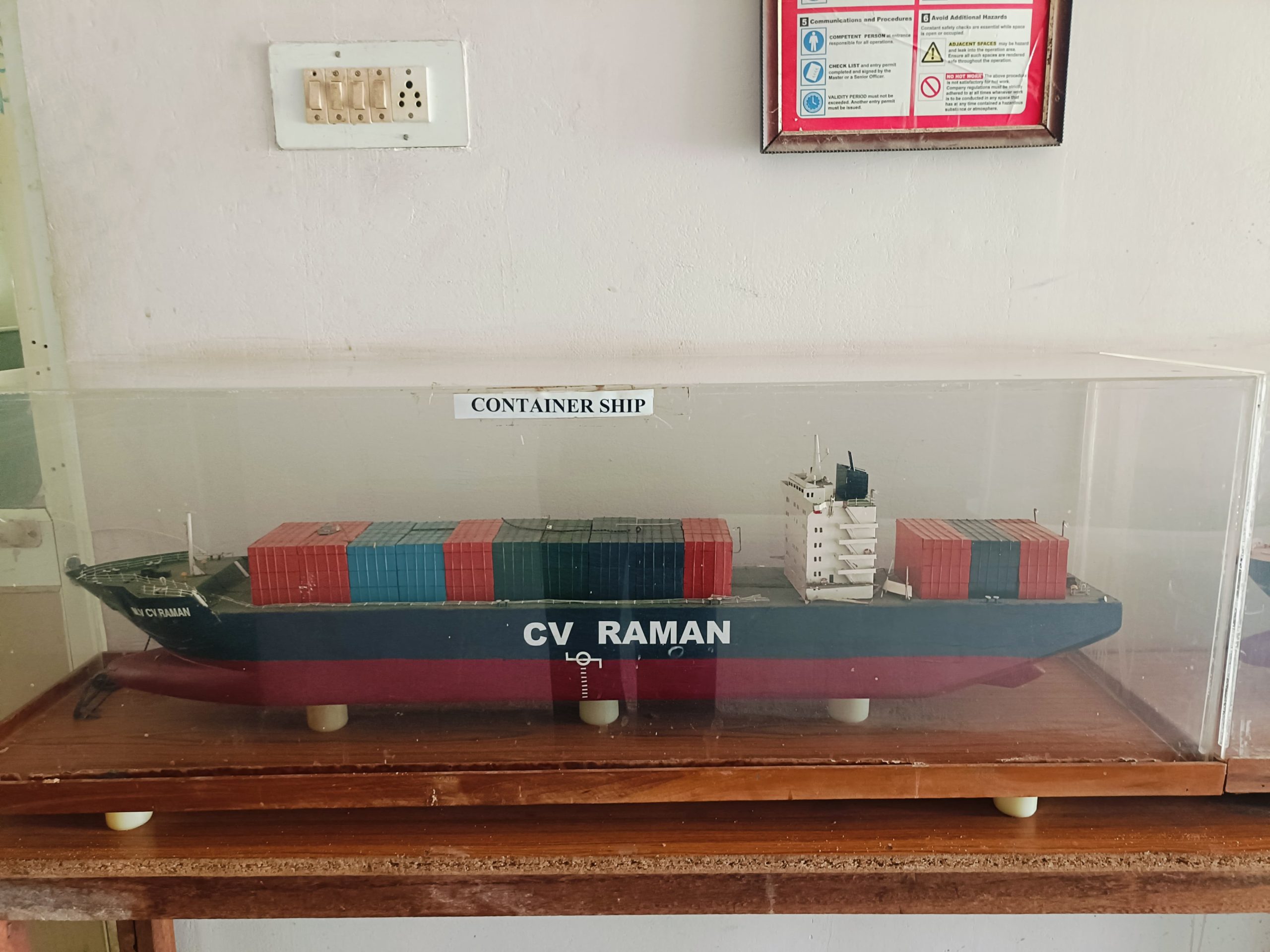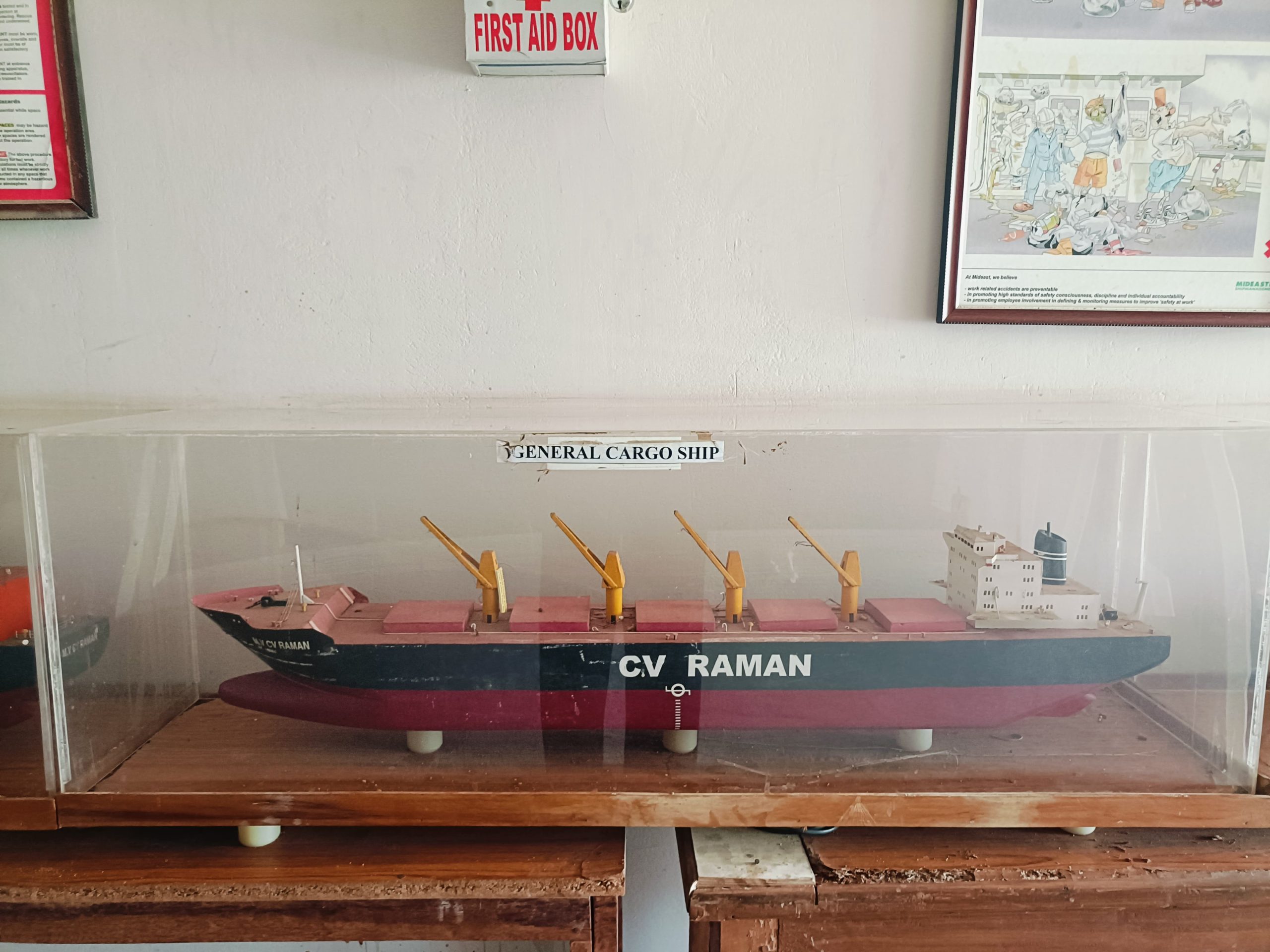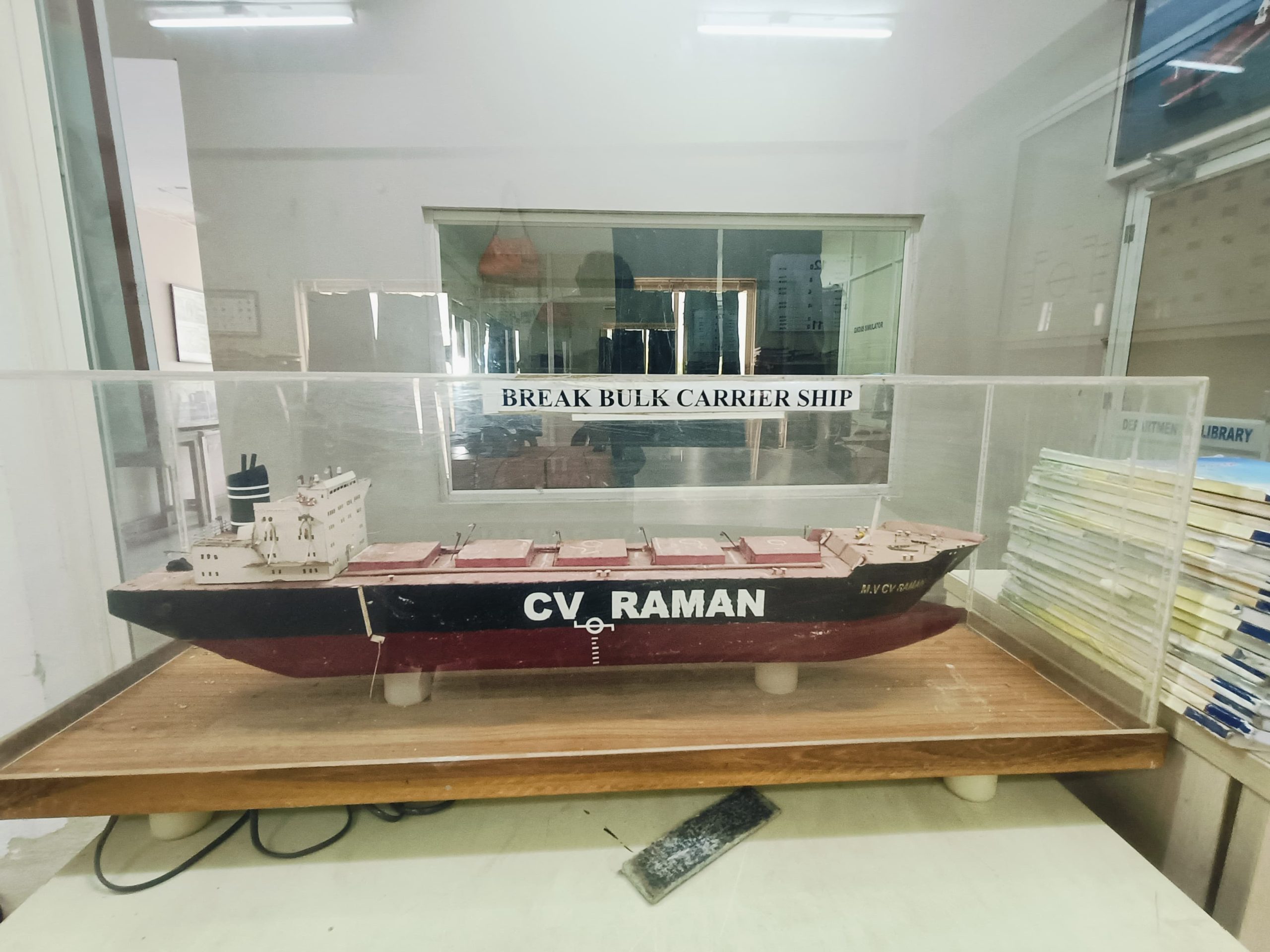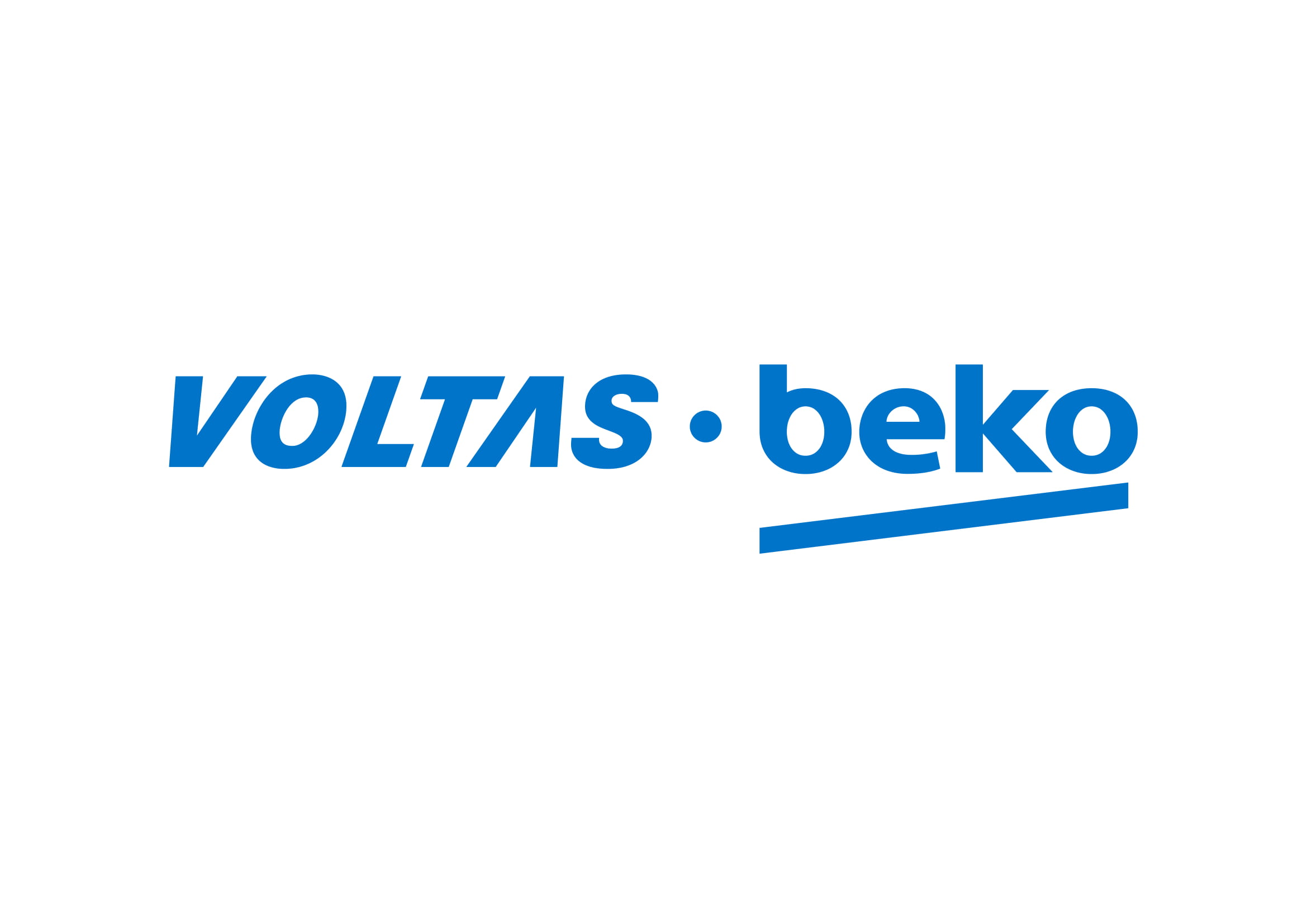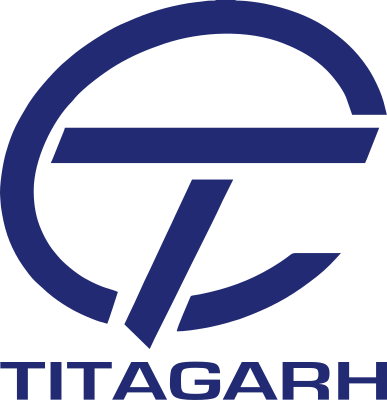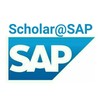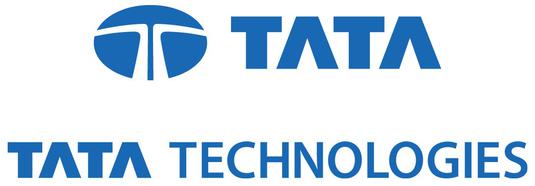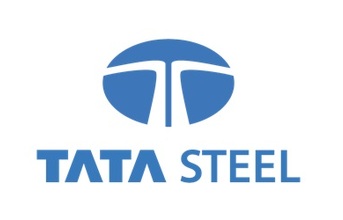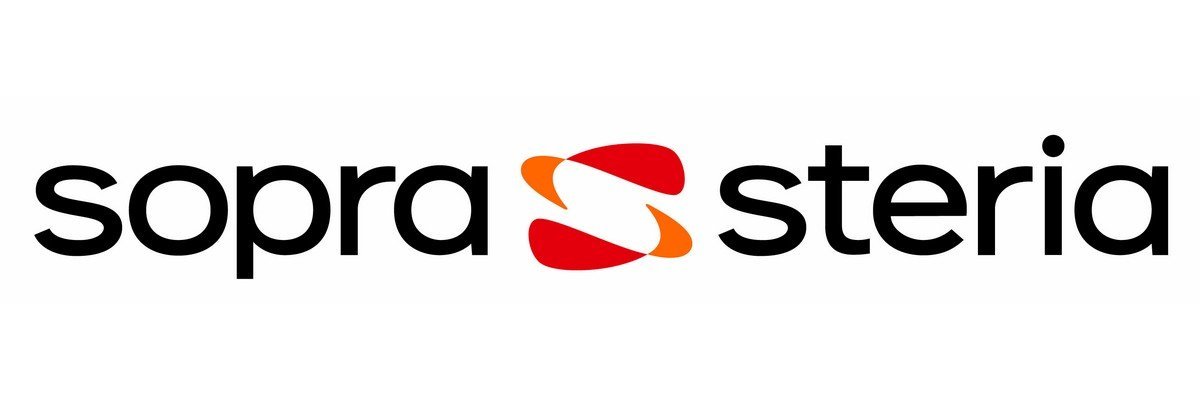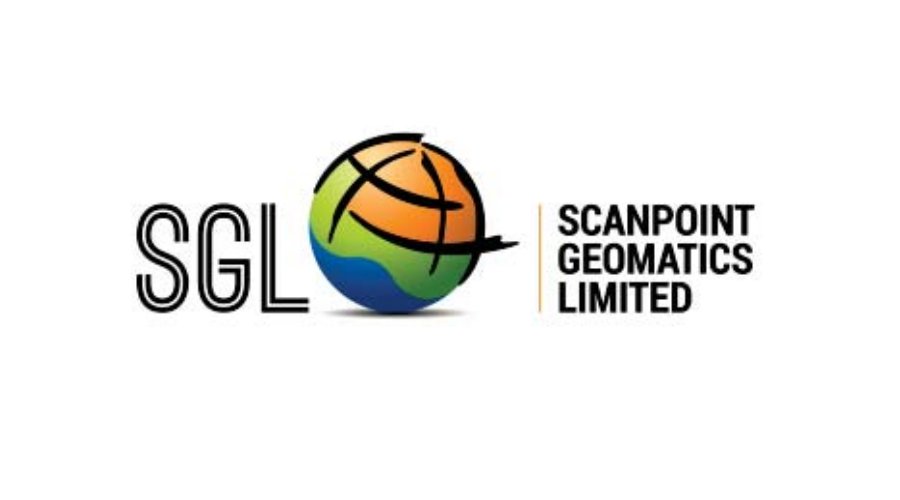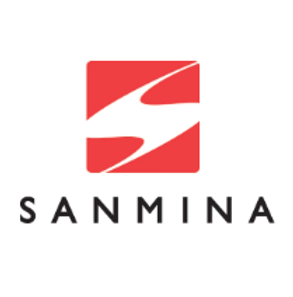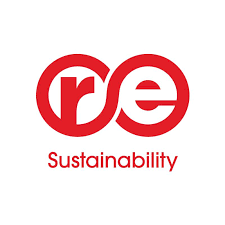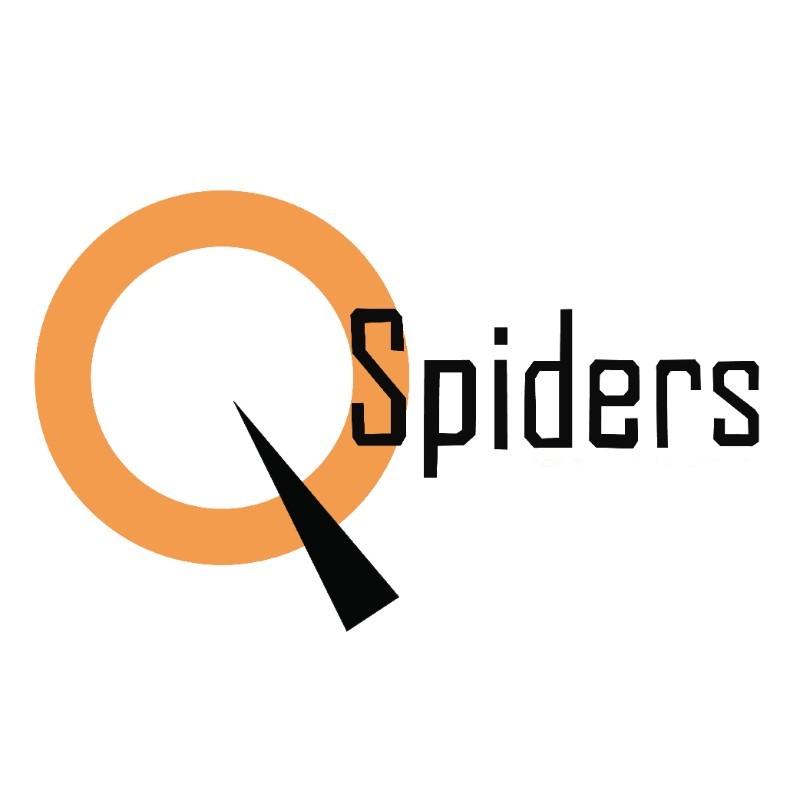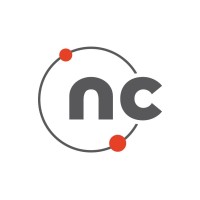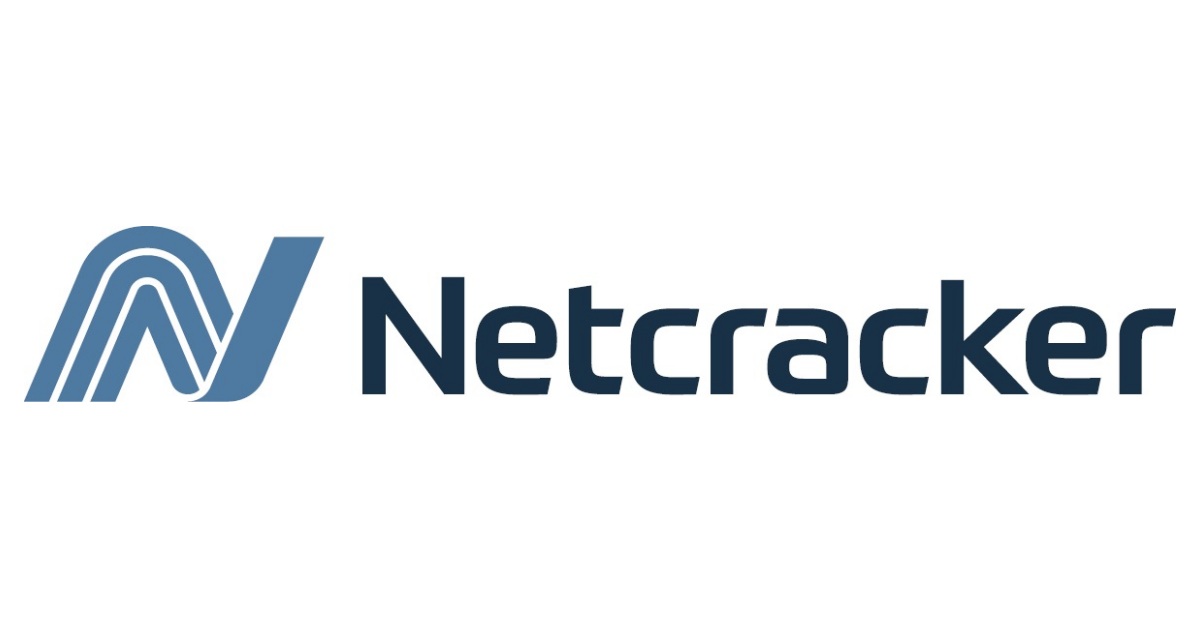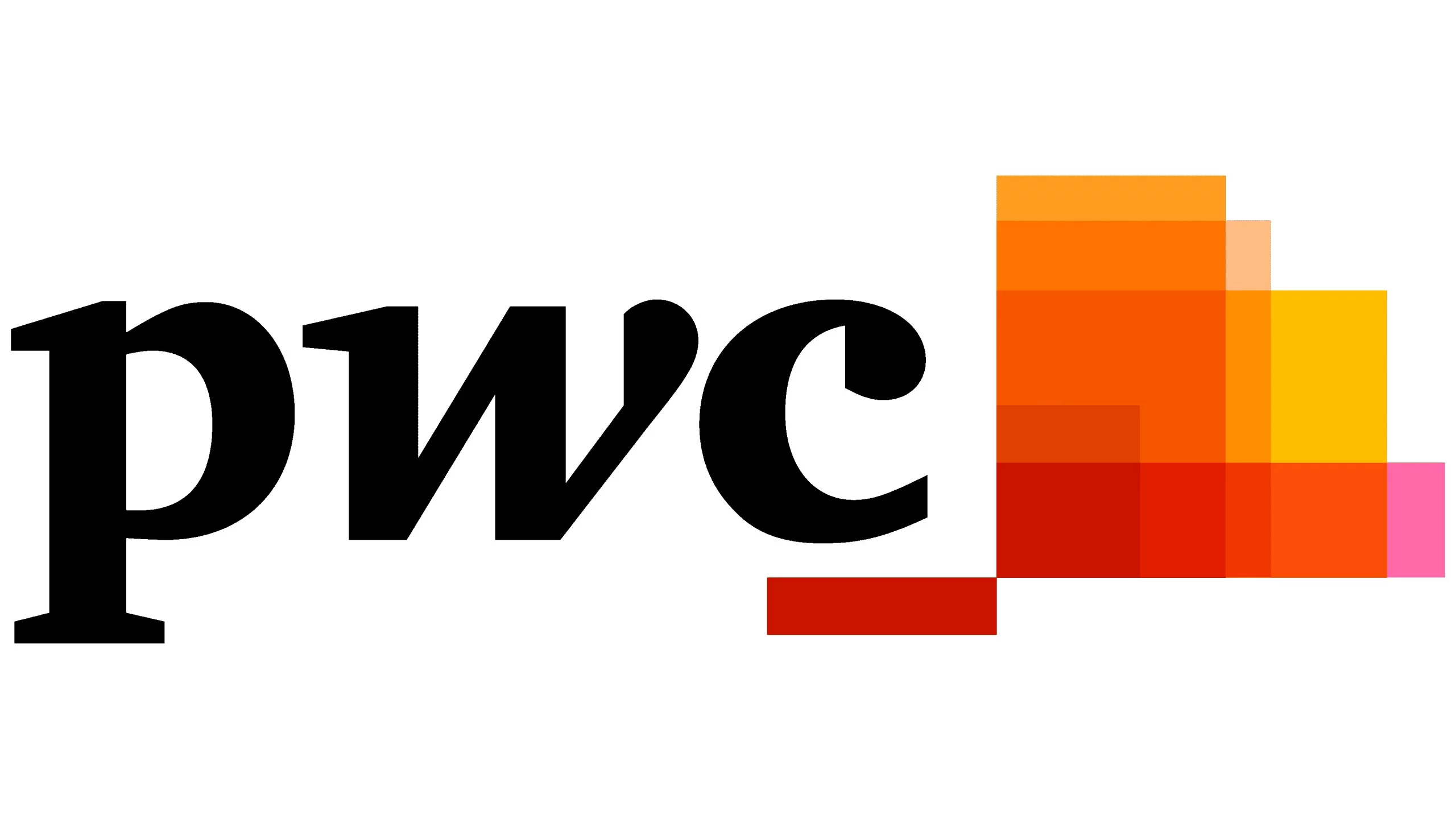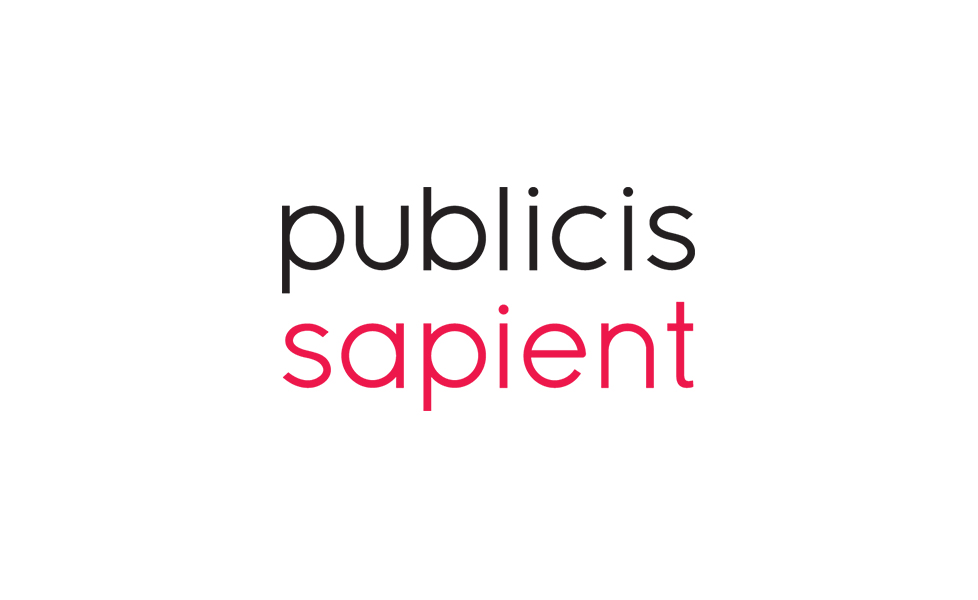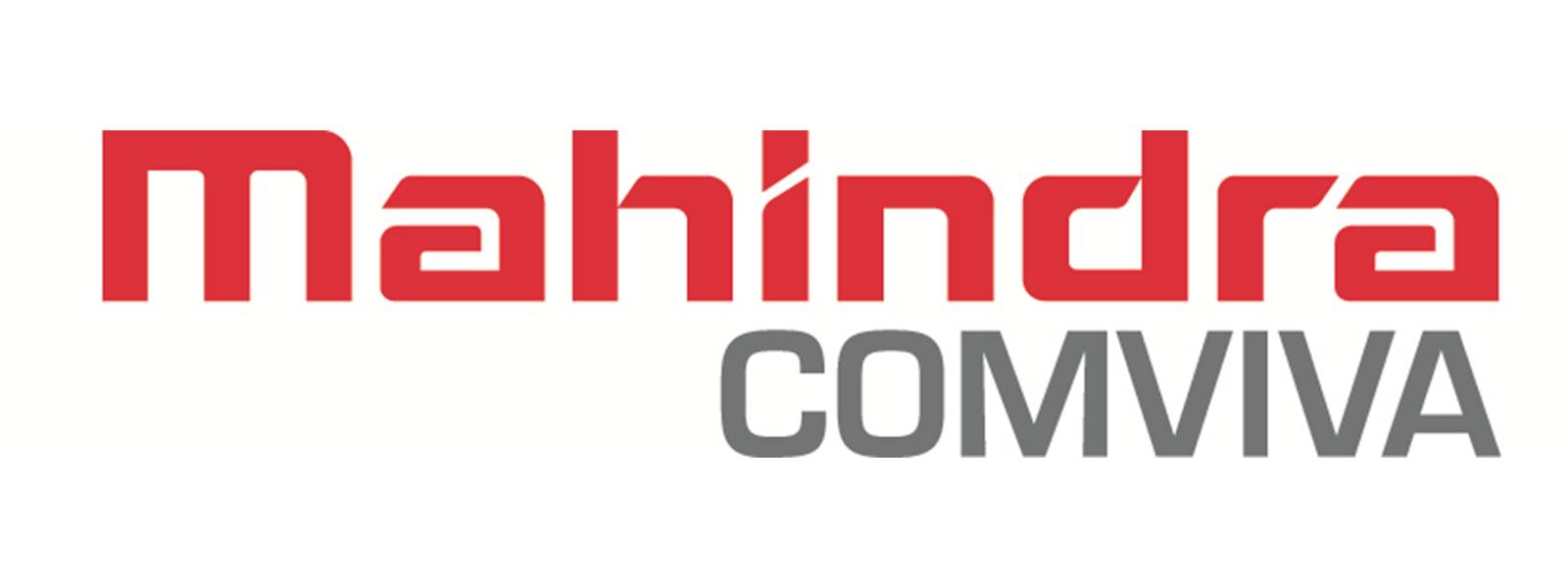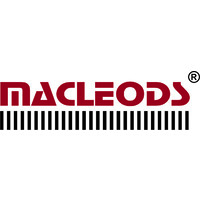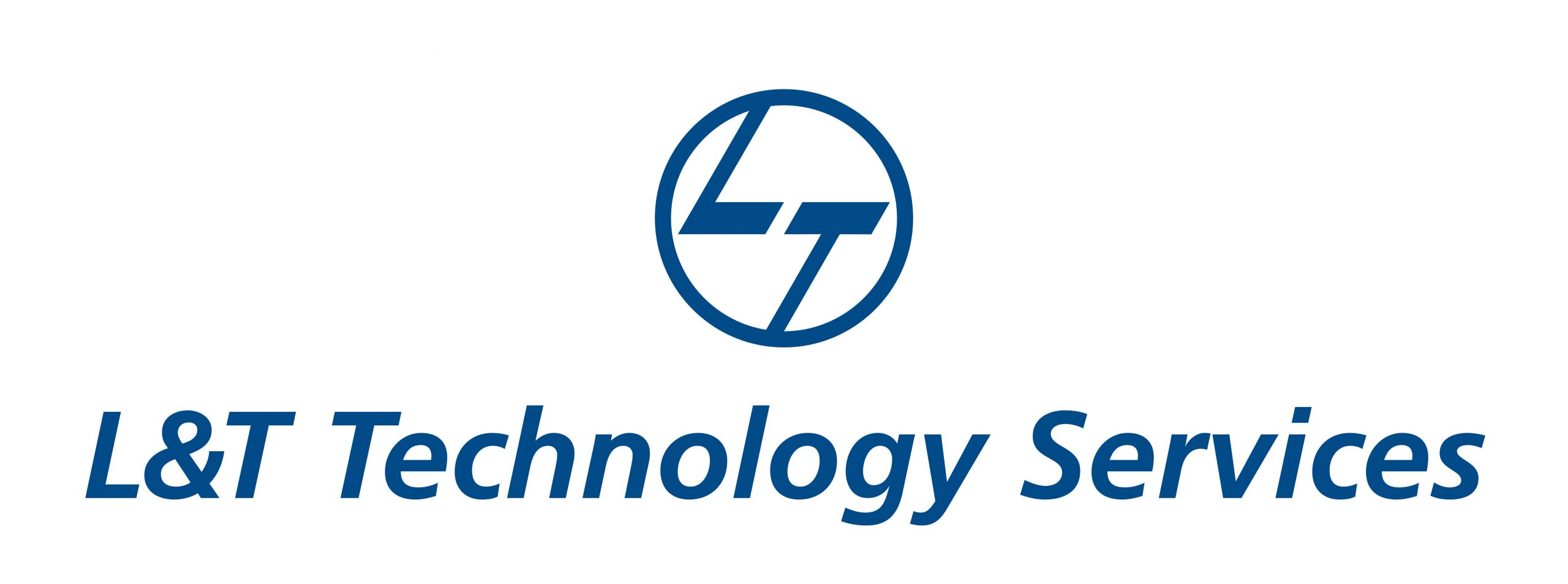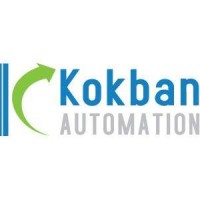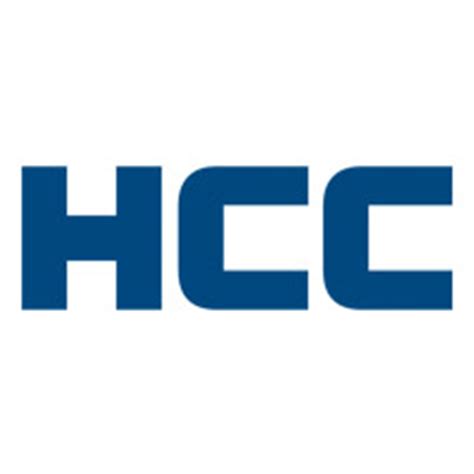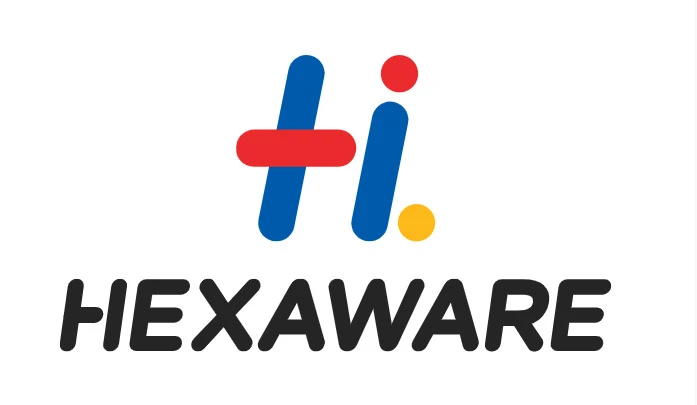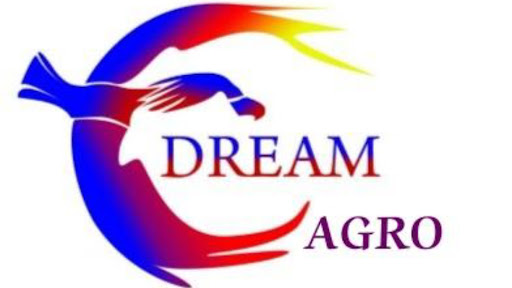Overview
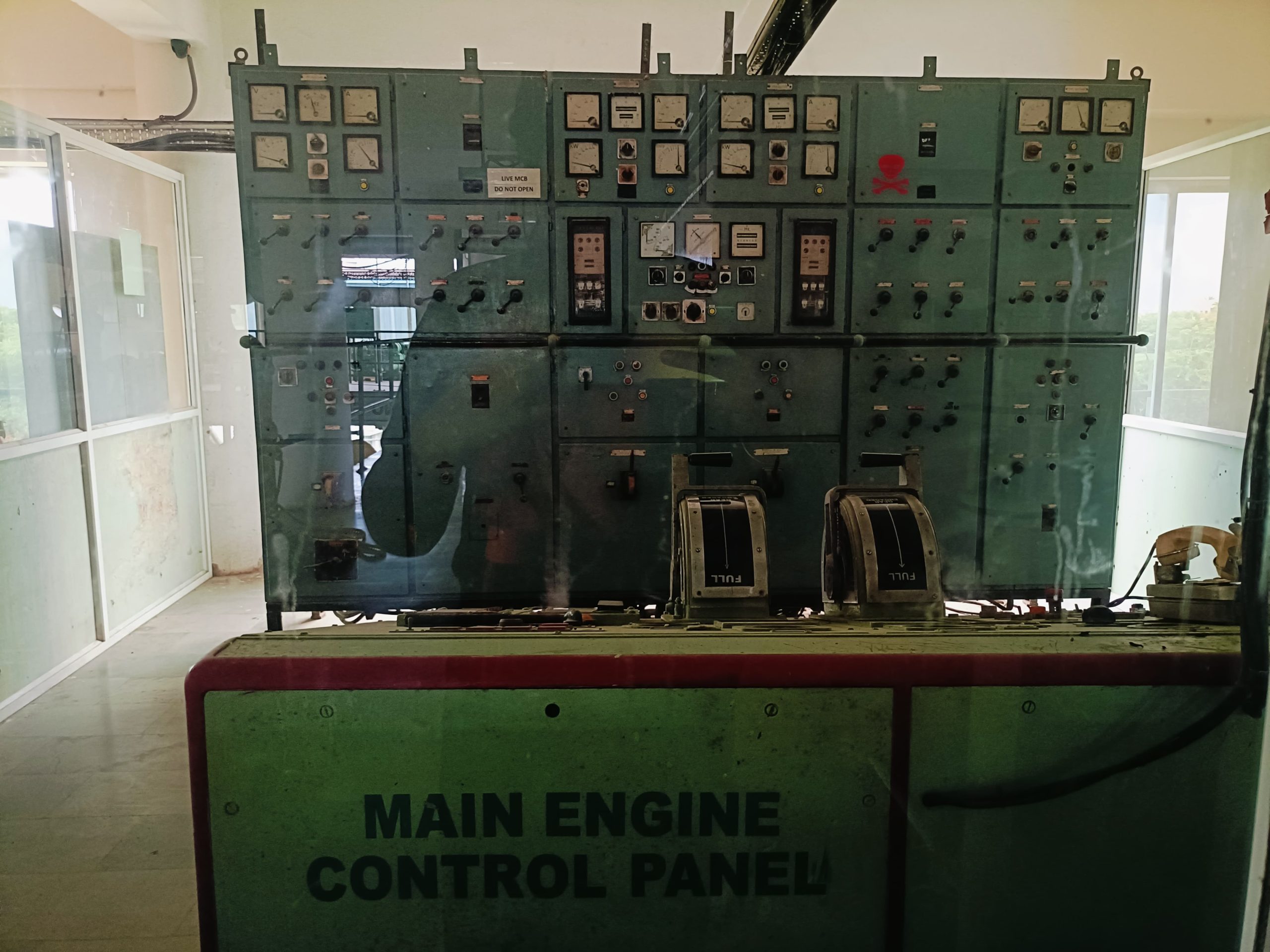
PROGRAM EDUCATIONAL OBJECTIVES (PEO’S)
PEO1
Technical Proficiency: Graduates will apply advanced knowledge and skills in marine engineering, ship design, and naval architecture to solve complex engineering problems in marine environments. They will demonstrate proficiency in the design, analysis, and maintenance of marine propulsion systems, electrical systems, and other related equipment.PEO2
Leadership and Management: Graduates will exhibit leadership qualities and effective communication skills necessary to lead teams, manage projects, and collaborate across disciplines within maritime organizations. They will understand the regulatory frameworks and environmental considerations relevant to maritime operations, and integrate sustainable practices into their professional activities.PEO3
Continuous Learning and Adaptability: Graduates will engage in lifelong learning, keeping abreast of technological advancements and evolving industry trends. They will adapt to changes in global demands and contribute to innovations in marine engineering and related fields.PEO4
Ethics and Professionalism: Graduates will adhere to high ethical standards, demonstrating integrity, responsibility, and a commitment to safety in all aspects of their work. They will prioritize environmental stewardship and societal well-being in their engineering practices.PEO5
Career Advancement: Graduates will pursue diverse career paths in marine engineering, naval architecture, offshore engineering, and related sectors. They will leverage their education, experiences, and professional networks to achieve career growth and contribute to the economic development of the maritime industry.PEO6
Global Perspective: Graduates will appreciate the global nature of maritime operations and the importance of cultural competence in their professional interactions. They will be prepared to work in multicultural environments and contribute to international collaborations in marine engineering projects.
PROGRAM SPECIFIC OUTCOMES (PSO'S)
PSO1
Engineering Knowledge Application: Apply principles of marine engineering, naval architecture, and ship design to solve complex engineering problems in marine environments.PSO2
Design and Analysis: Design and analyze marine systems, components, and processes considering environmental, safety, and sustainability factors.PSO3
Experimental Skills: Conduct experiments, interpret data, and apply findings to enhance marine engineering practices and solve specific challenges.PSO4
Professional Ethics: Understand and adhere to ethical principles and professional responsibilities in marine engineering practice.PSO5
Communication and Teamwork: Communicate effectively and collaborate in multidisciplinary teams to address engineering tasks and projects.PSO6
Continuous Learning: Engage in lifelong learning, keeping abreast of technological advancements and industry developments relevant to marine engineering.PSO7
Project Management: Demonstrate proficiency in project management principles and apply them to engineering projects in marine settings.PSO8
Environmental and Societal Impact: Understand the societal and environmental impacts of marine engineering solutions and incorporate principles of sustainable development.
SYLLABUS
One Year Marine Engineering Course
| COMPETENCY AND COURSE SUBJECTS | Hrs of training | Assessment | ||
|---|---|---|---|---|
| Classroom | Lab | Workshop/ Afloat(P) | ||
| L | T | |||
| FUNCTION : Marine Engineering at the operational and management level | ||||
| Competency No.1 : Maintain a safe Engineering watch (Table A-III/ 1) | 19 | 12 | ||
| Competency No. 2 : Use English in written and oral form (Table A-III/ 1) | 20 | |||
| Competency No. 3 : Use internal communication systems (Table A-III/ 1) | 3 | 2 | ||
| Competency No. 4 : Operate main and auxiliary machinery and associated control systems (Table A-III/ 1) | 220 | 200 | ||
| Competency No. 5 : Operate fuel, lubrication, ballast and other pumping systems and associated control systems (Table A-III/ 1). | 18 | 34 | ||
| FUNCTION : Electrical, electronic & Control Engineering at the operational and management level | ||||
| Competency No. 6 : Operate electrical, electronic and control systems (Table A-III/ 1). | 138 | 55 | 147 | |
| Competency No. 7 : Maintenance and repair of electrical and electronic equipment (Table A-III/ 1). | 39 | 7 | 84 | |
| FUNCTION : Maintenance & repair at the operational and management level | ||||
| Competency No. 8 : Appropriate use of hand tools, machine tools and measuring instruments for fabrication and repair on board (Table A-III/ 1) | 30 | 10 | 154 | |
| Competency No. 9 : Maintenance and repair of shipboard machinery and equipment (Table A-III/ 1). | 90 | 3 | 215 | |
| FUNCTION : Controlling the operation of the ship and care for persons on board at the operational and management level | 20 | |||
| Competency No. 10: Ensure compliance with pollution prevention requirements (Table A-III/ 1) | 23 | 0 | 6 | |
| Competency No. 11 : Maintain seaworthiness of the ship (Table A-III/ 1). | 120 | |||
| Competency No. 12 : Prevent, control and fight fires on board (Table A-III/ 1) | 25 | 5 | ||
| Competency No. 13 : Operate life-saving appliances (Table A-III/ 1) | 5 | 5 | ||
| Competency No. 14 : Apply medical first aid on board ship (Table A-III/ 1) | 6 | |||
| Competency No. 15: Monitor compliance with legislative requirements (Table A-III/ 1) | 25 | 2 | ||
| Competency No. 16 : Application of leadership and teamworking skills (Table A-III/ 1) | 25 | |||
| Competency No. 17 : Contribute to the safety of personnel and ship (Table A-III/ 1) | ||||
| Competency No. 18 : Maintain the conditions set forth in a ship security plan; Recognition of security risks and threats; Undertake regular security inspections of the ship; and proper usage of security equipment if any | 8 | 3 | ||
| 814 | 75 | 889 | ||
| 1778 |
Laboratories
ELIGIBILITY CRITERIA
| Minimum Academic Qualification | (a)BE / B-Tech in Mechanical Engineering with minimum marks of 50% in final year. (b) The candidate must have secured minimum of 50% marks in English language at 10th or 12th or in Degree Exam. Note 1. The BE / B. Tech degree or any other higher degree such as 5 year integrated M.E. / M. Tech degree must have been obtained from AICTE approved institute or the llT's or from University Engineering Colleges (Colleges directly run by University). 2. These Candidates are exempted from appearing in all subjects of part 'A' of both MEO Class - IV and MEO Class - II grade of examinations. 3. A relaxation of 5% marks in English shall be granted to the candidates who are native of the Lakshadweep and Andaman and Nicobar islands and belong to Scheduled Tribes and who and both of whoose parents were born in those islands and belong to the Scheduled Tribes of those islands. Or (a) A full time BE /B.Tech in all Mechanical engineering streams e.g. Mechanical and Automation, Mechanical and Electronics, Mechanical and Automobile etc. However the word "Mechanical" should be first indicating that mechanical engineering is the core and the second subject is the elective. (b)The candidate must have secured minimum of 50% marks In English language at ''10th or 12th standard or in Degree Exam. Note 1. The above BE / B. Tech degree or any other higher degree such as 5 year integrated M.E. / M. Tech degree must have been obtained from AICTE approved institute or the llT's or from university Engineering colleges (colleges directly run by university). 2. These candidates will be required to pass Part ‘A. Subjects of both MEO class-IV and MEO Class-II grade of examinations. These candidates may be considered for exemption from appearing in subject of Mathematics and Applied Mechanics. 3. A relaxation of 5% marks in English shall be granted to the candidates who are native of the Lakshadweep and Andaman and Nicobar islands and belong to Scheduled Tribes and who and both of whoose parents were born in those islands and belong to the Scheduled Tribes of those islands. Or (a)Candidates who have degree in all Naval Architecture streams e.g. Naval architecture and Ocean Engineering, Naval Architecture and Ship building, etc. However, the word "Naval Architecture" should be first indicating that Naval Architecture is the core and the second subject is the elective. (b)The candidates must have secured minimum of 50% marks in English language at 10th or 12th or in Degree Exam. Note 1. The above BE / B. Tech degree or any other higher degree such as 5 year integrated M.E. / M. Tech degree must have been obtained from AICTE approved institute or the llT's or from University Engineering Colleges(Colleges University). 2. These candidates Will be required to pass Part ‘A' subjects of both MEO Class-IV and MEO Class-II grade of examinations. These candidates may be considered for exemption from appearing in subject of Mathematics and Applied Mechanics. 3. A relaxation of 5% marks in English shall be granted to the candidates who are native of the Lakshadweep and Andaman and Nicobar islands and belong to Scheduled Tribes and who and both of whoose parents were born in those islands and belong to the Scheduled Tribes of those islands. |
|---|
BRAND ASSOCIATION
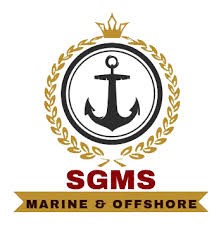
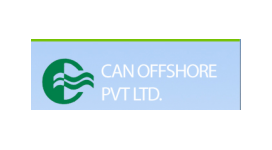

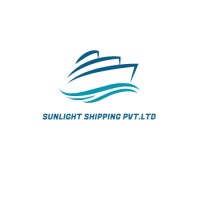
CAREER PATH YOU CAN CHOOSE AFTER THE COURSE
Shipbuilding and Maintenance
Marine Surveying
Marine Operations
Offshore Engineering
Naval Architecture
Renewable Energy
Research and Development




